In the game of chess, each piece plays a unique role, with specific rules governing its movement and interaction with other pieces. One of the most critical questions for beginners and even intermediate players is about the capabilities of the king, especially regarding its power to capture enemy pieces. Understanding the rules surrounding the king's movements and its ability to engage in captures is fundamental to mastering the game.
Understanding the King's Role
The king is the most vital piece in chess, with the entire game revolving around its safety. Unlike queeens or rooks, the king does not have an extensive range of movement, but it can be a potent piece, especially in the endgame. The primary rule is that the king moves only one square in any direction— horizontally, vertically, or diagonally.
Can the King Capture Pieces?
Yes, the king can capture pieces. The king captures in the same manner it moves: one square in any direction. However, there are specific caveats and strategical considerations associated with using the king to capture enemy pieces.
Rules and Restrictions on Capturing
While the king is powerful in its rights within the rules of chess, its primary purpose is not to act as an offensive piece but rather as a piece to be protected. However, circumstances do arise where the king must capture enemy pieces to survive or to achieve a strategic advantage.
Things to Consider Before Capturing with the King
- Check: The king cannot move into a 'check' position, where it is under immediate threat of capture on the next move by the opponent. Hence, while capturing, the king also cannot move into a square where it is placed in check.
- Safety: Beyond just avoiding check, consider the overall safety of the king post-capture. Capturing a piece might expose the king to potential threats, especially from long-range pieces like bishops, rooks, and queens.
- Strategic Position: It's often advisable to keep the king sheltered behind other pieces until the endgame approaches. Prematurely exposing the king can be risky. Yet, in the endgame, the king can often actively participate in operations, especially in capturing enemy pawns and minor pieces.
King in Check and Capturing to Escape
Sometimes, capturing a threatening piece is the best or the only way for the king to get out of check. If an enemy piece is putting the king in check and it is within the king's movement range, capturing that piece may be a necessary and valid move. However, all other standard checking rules apply—the capture must genuinely remove the threat of check.
The King's Role in Offense and Defense
In the middle game, the king usually plays a defensive role. However, in the endgame, the dynamics change substantially. With fewer pieces on the board, the king often becomes a strong offensive tool. During these later stages, the king can help in promoting pawns by protecting them or clearing the way by capturing blocking enemy pawns and pieces.
Conclusion
The ability of the king to move and capture pieces makes it a dynamic part of any game of chess, contrary to the perception that it is merely a piece to be protected. A good chess strategy involves understanding when and how to use the king both defensively and offensively, ensuring its safety while capitalizing on opportunities to capture enemy pieces. Mastering the subtle art of utilizing the king can mark the difference between a novice and a skilled player.
Explore our large collection of luxurious chess sets!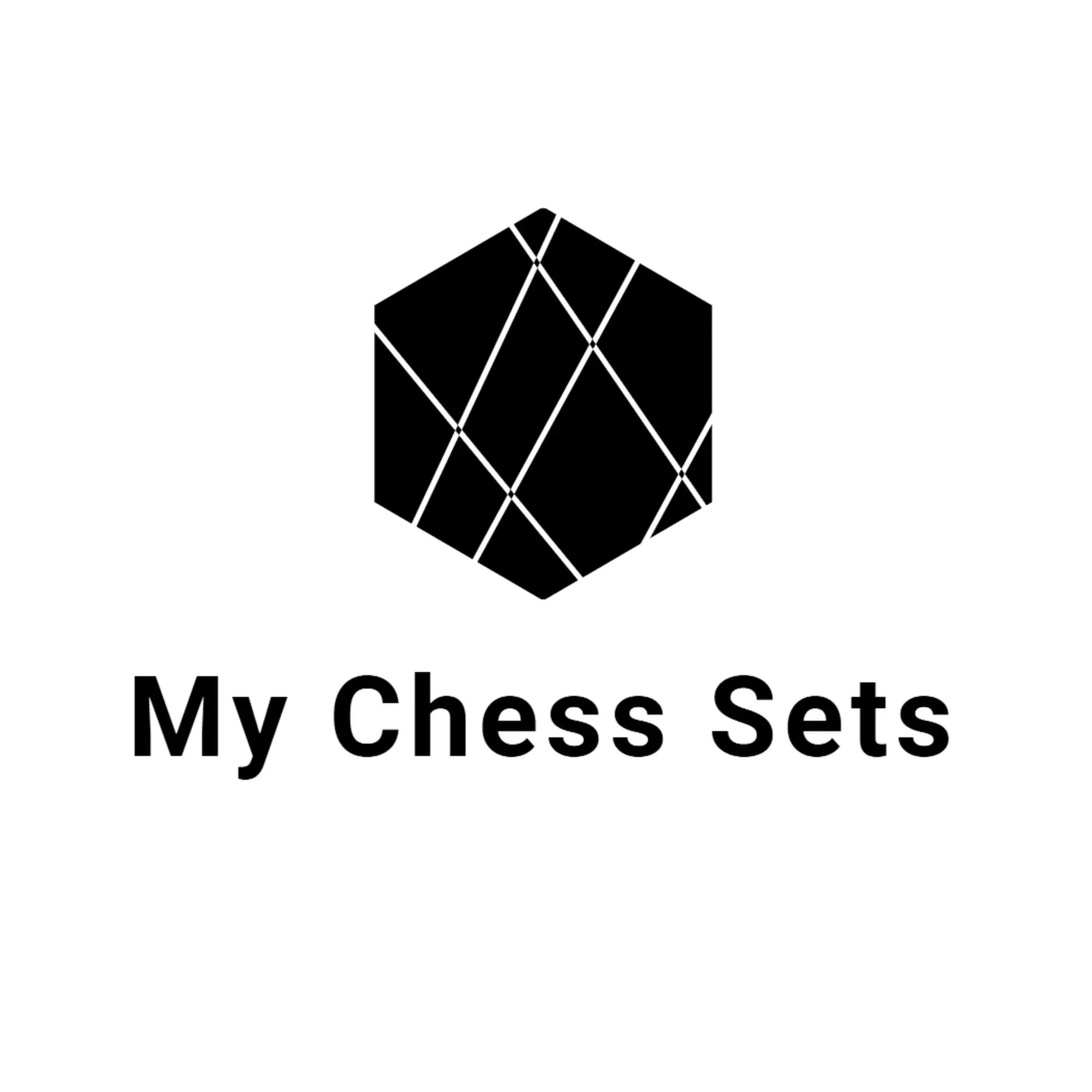

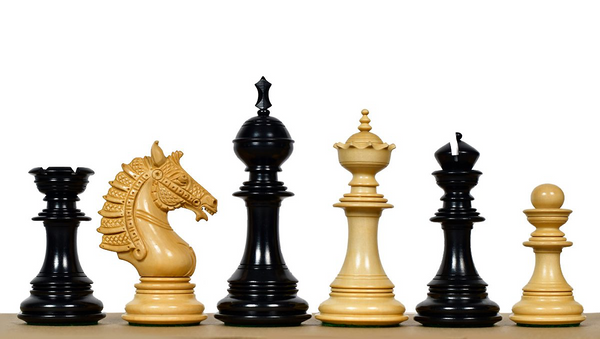
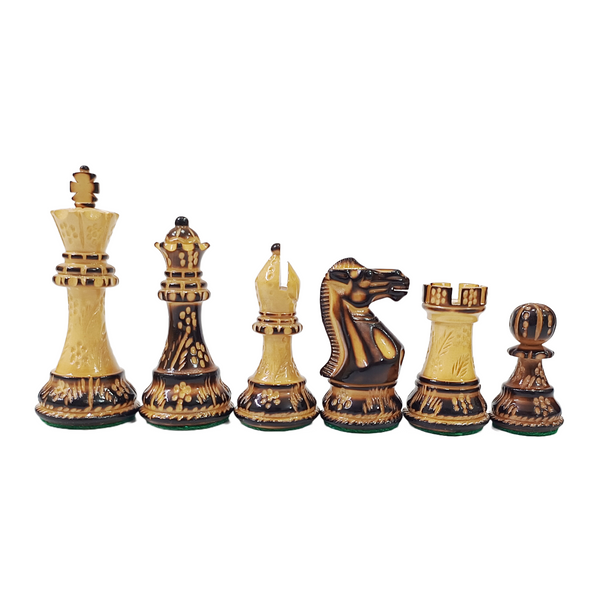
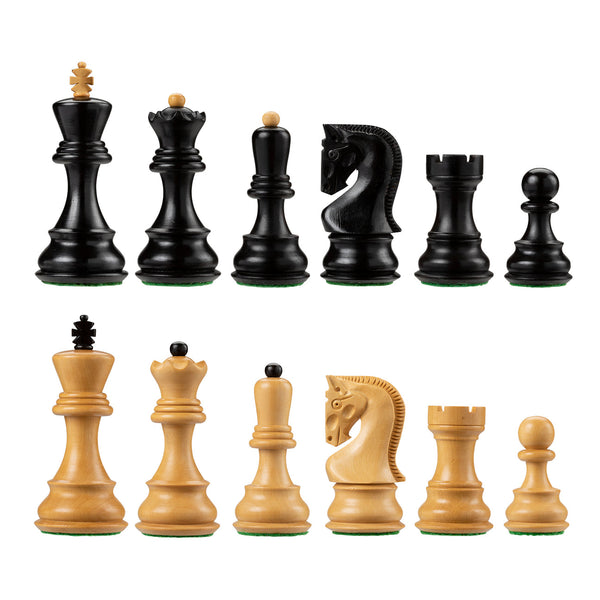
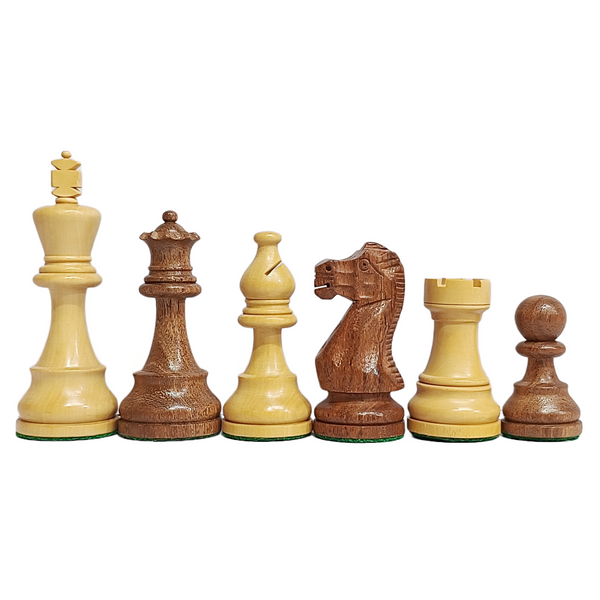
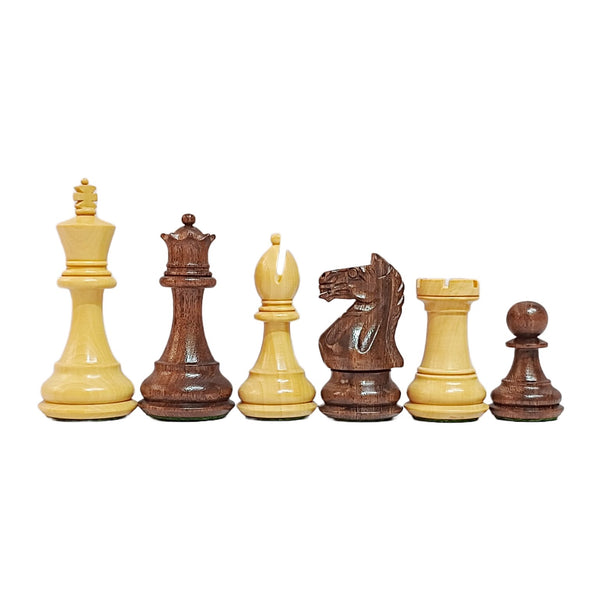
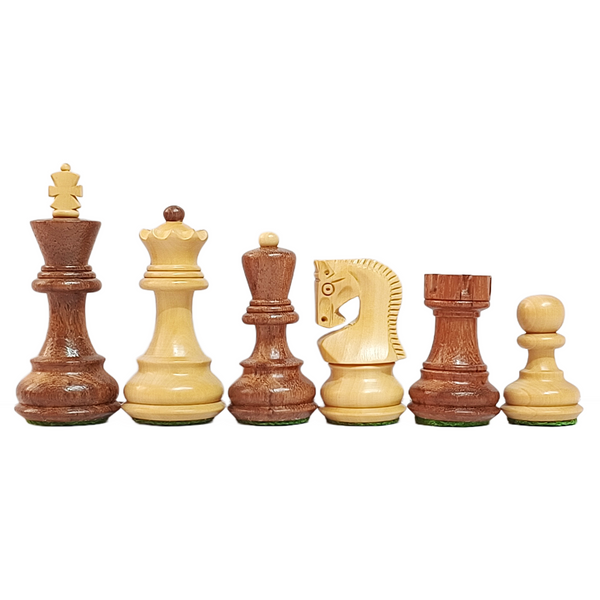
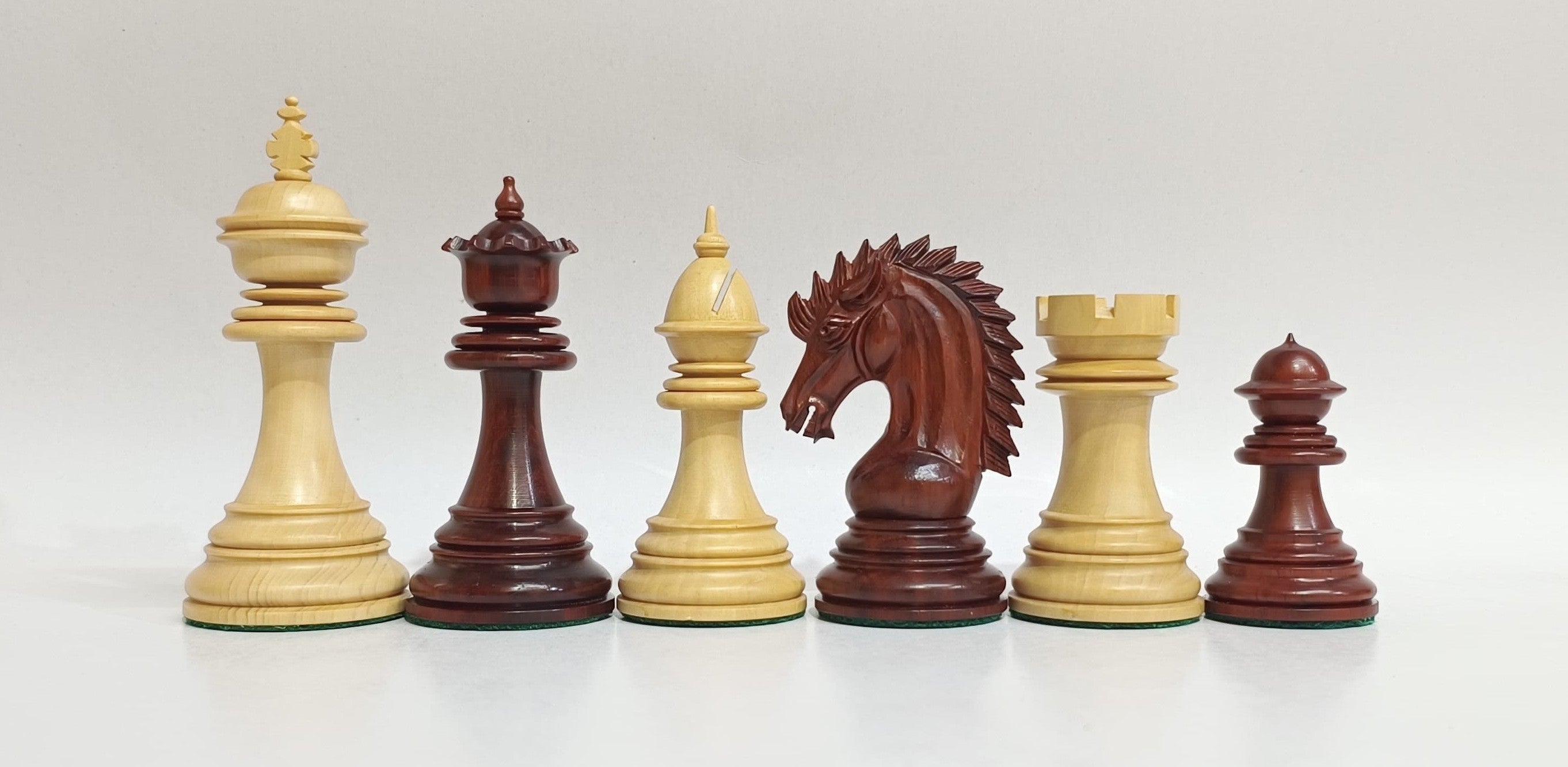
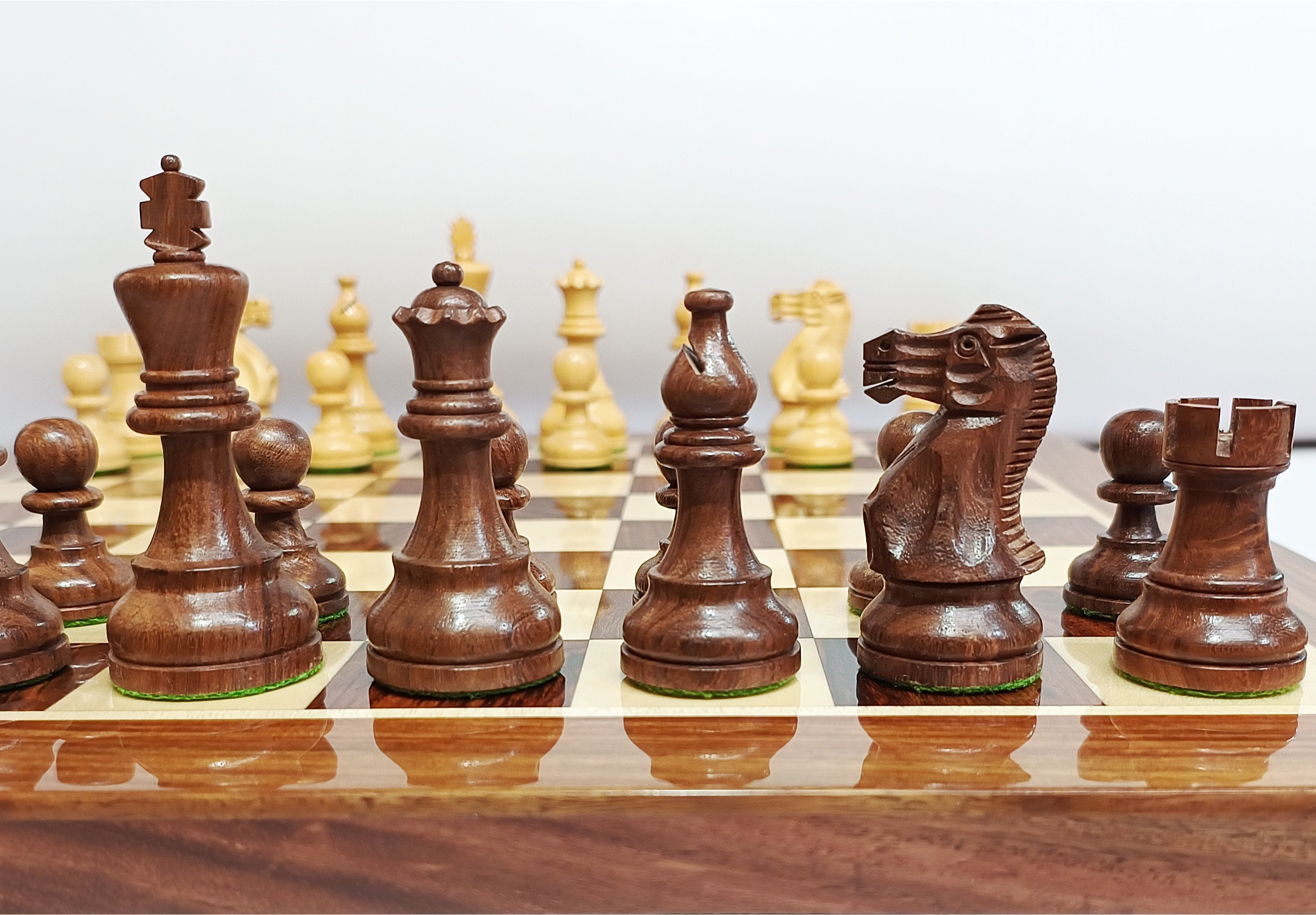
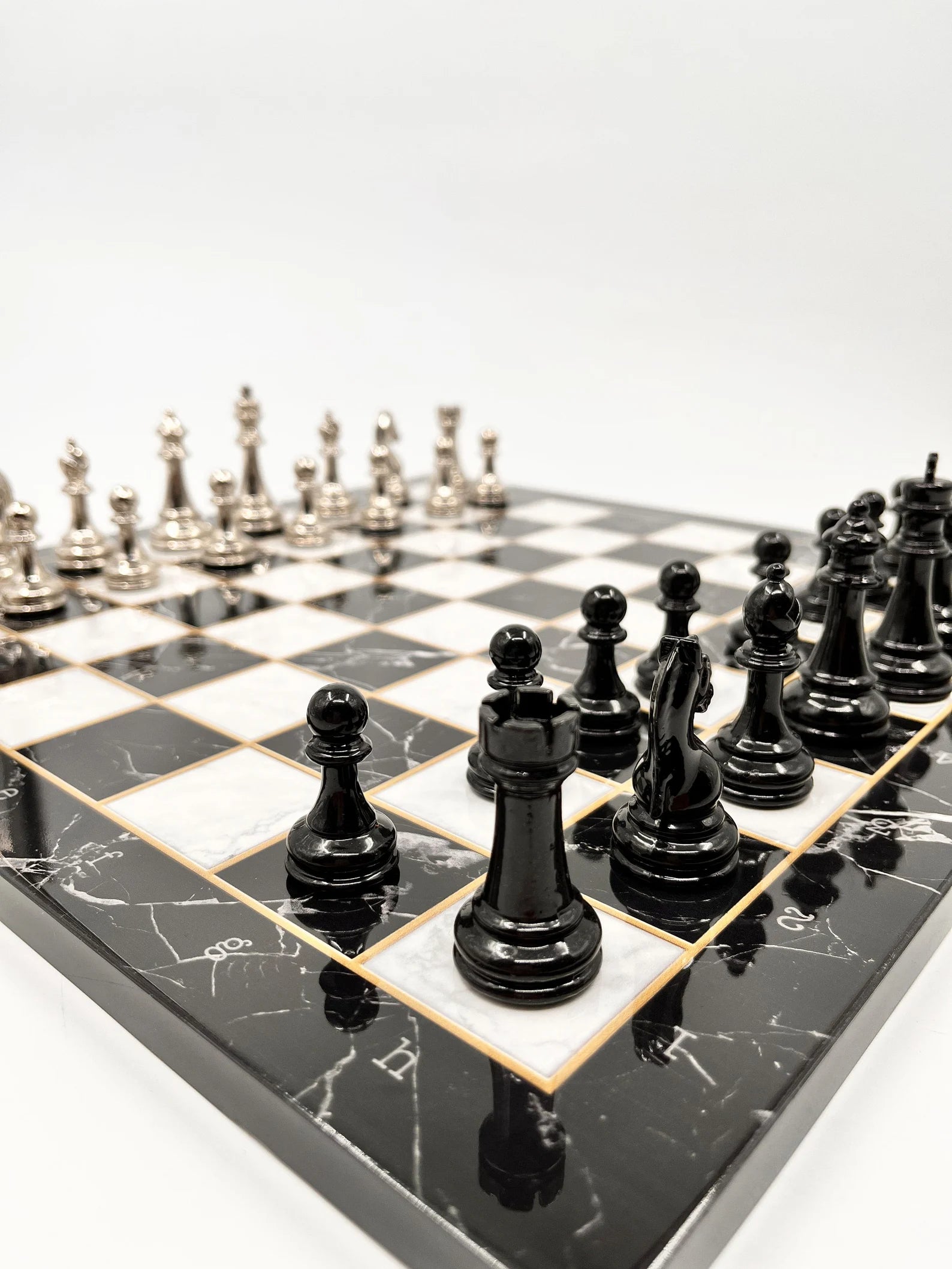
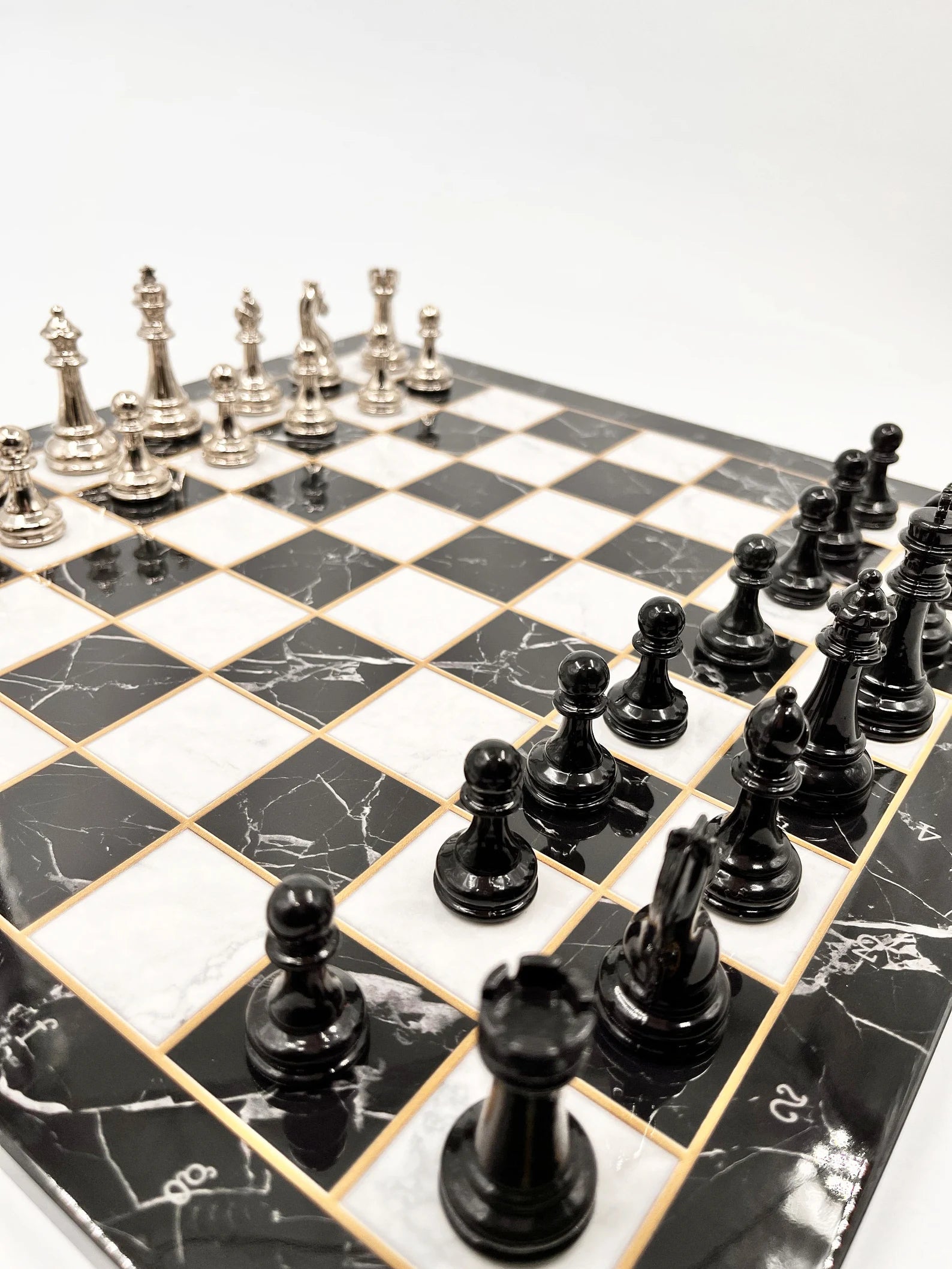
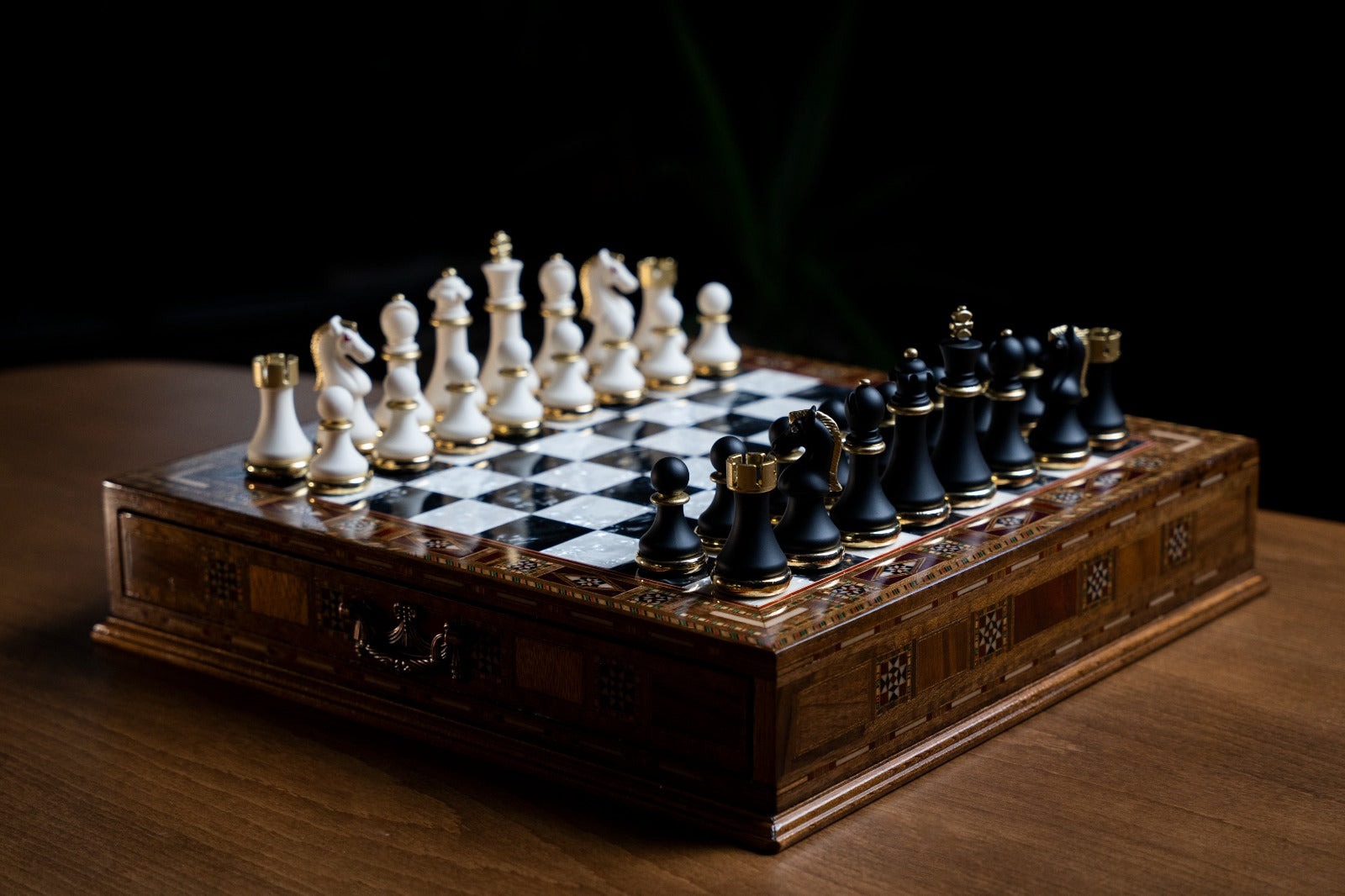
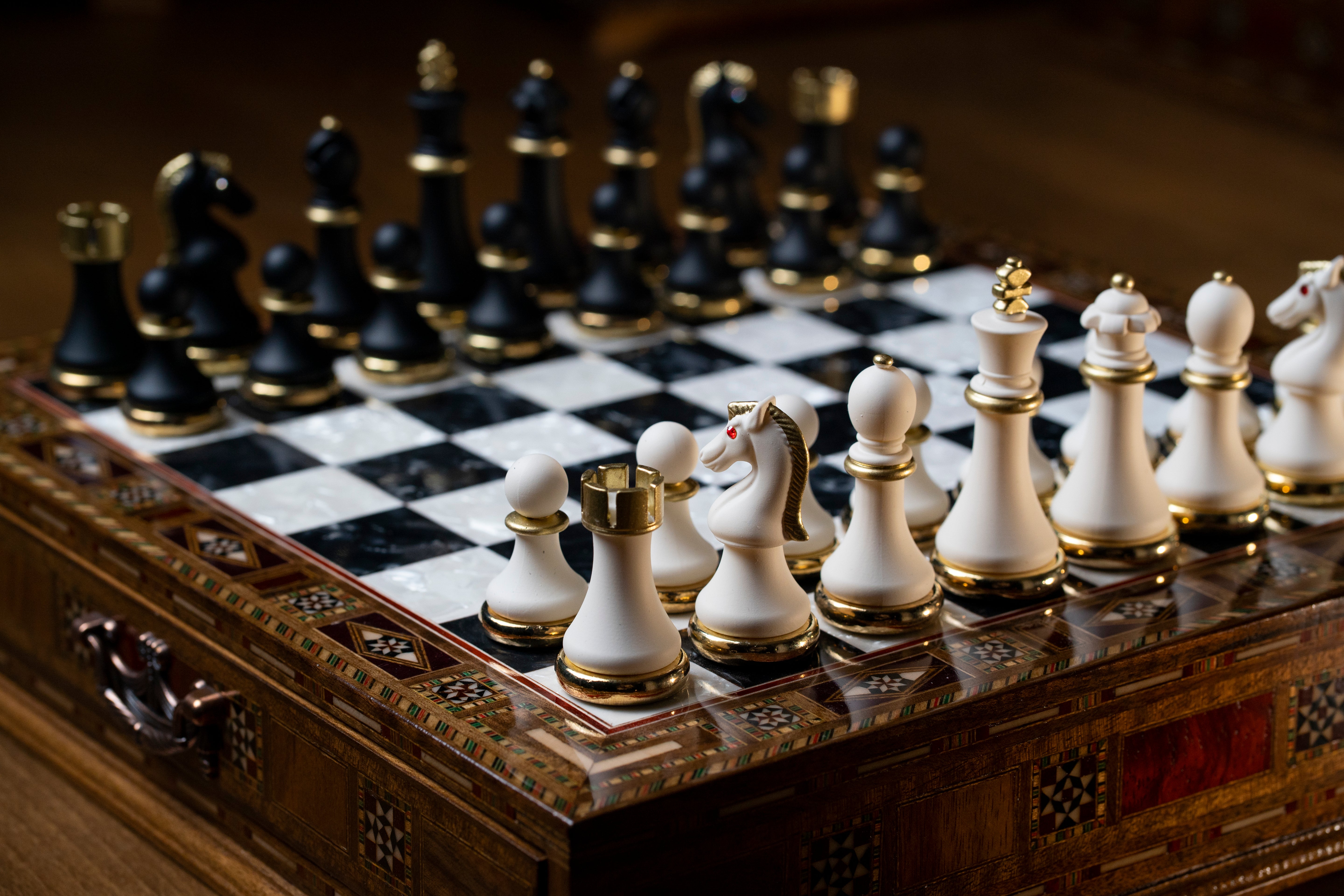
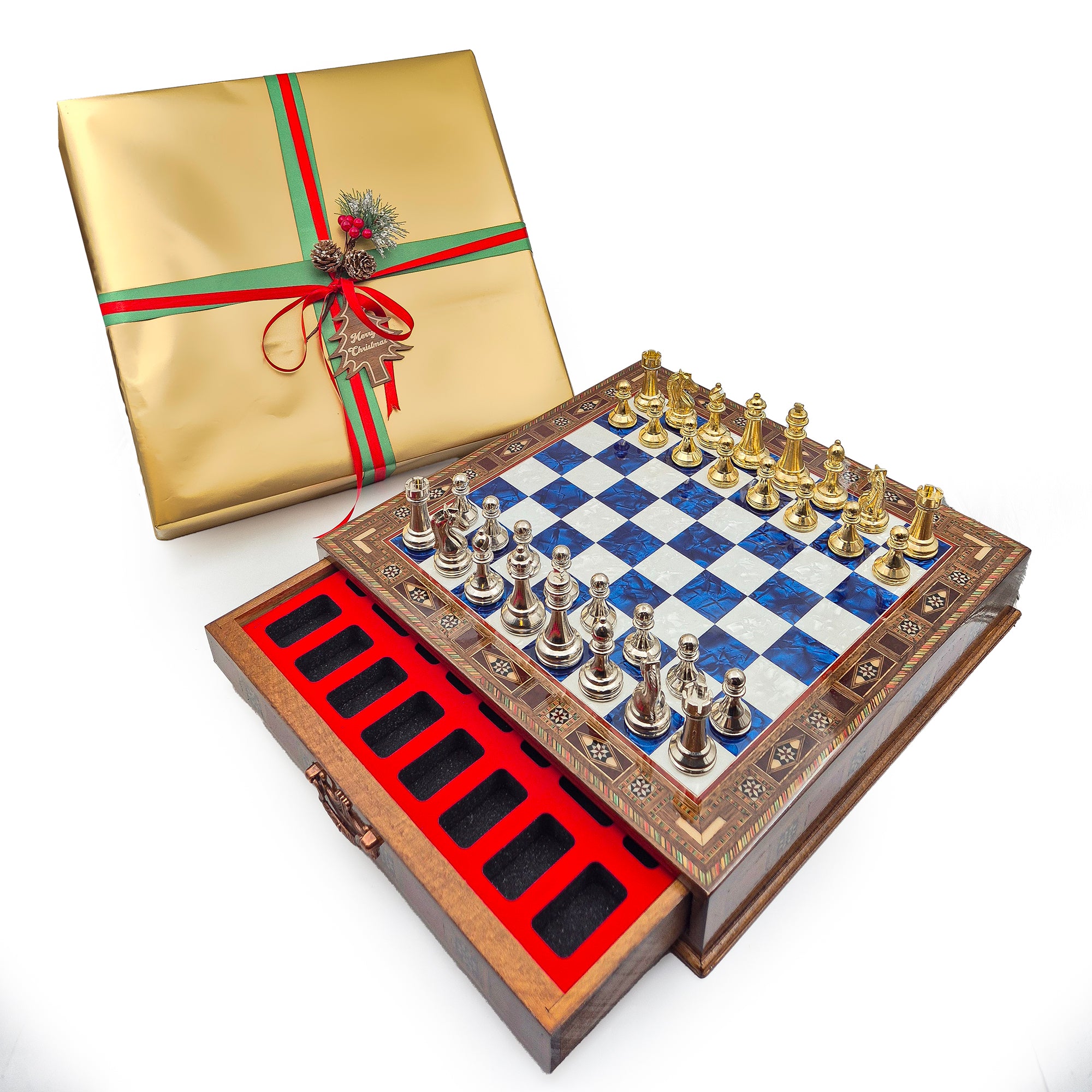
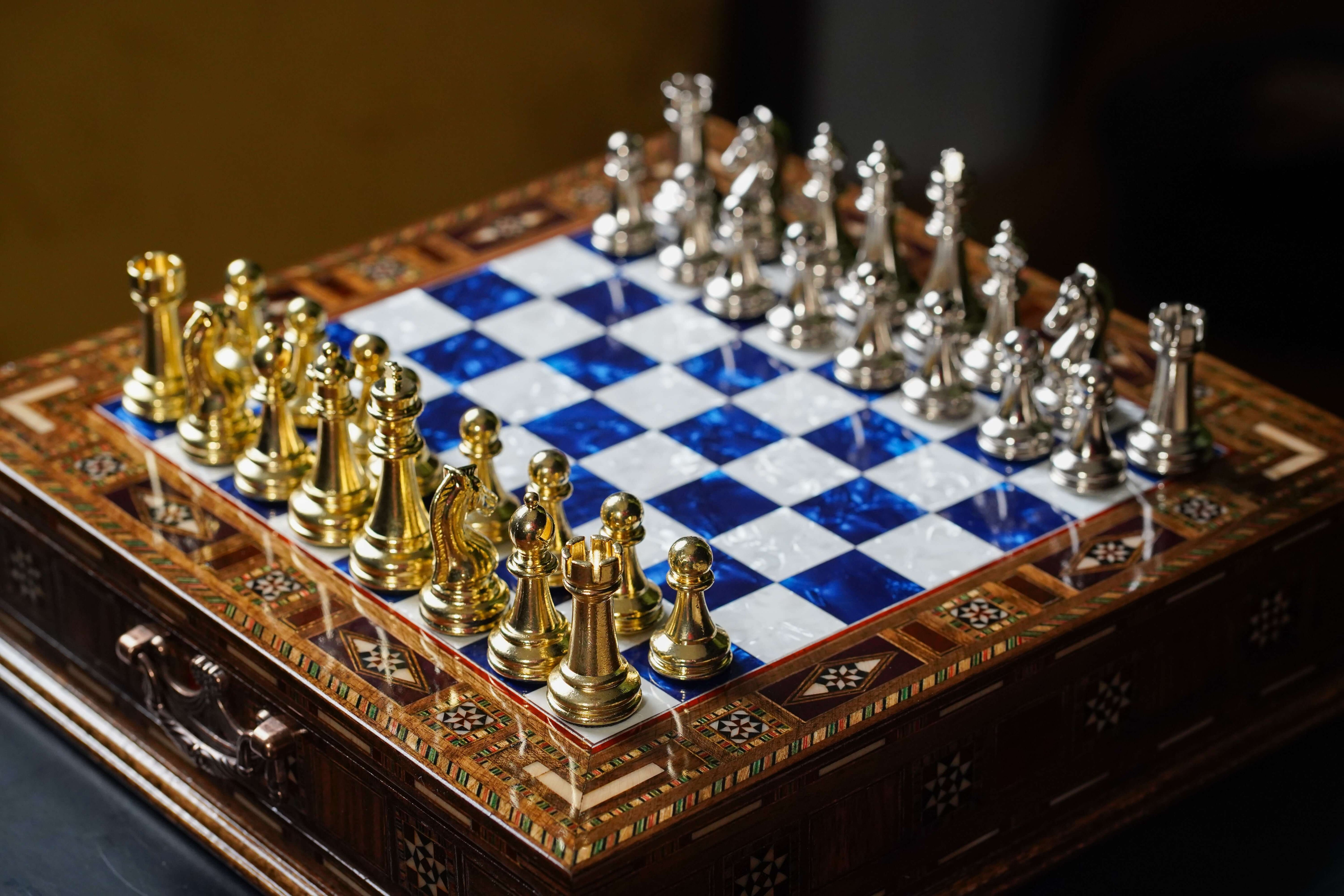
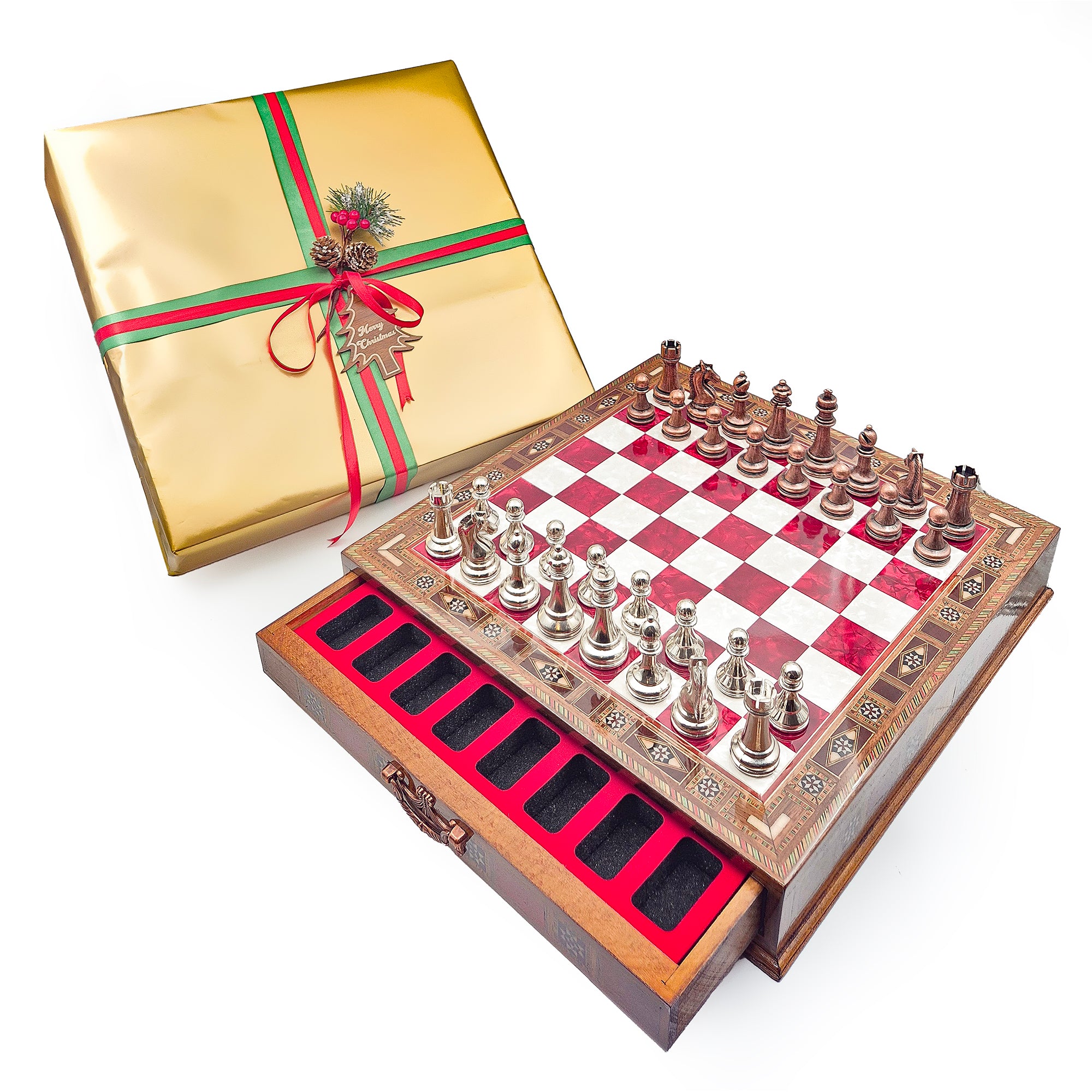
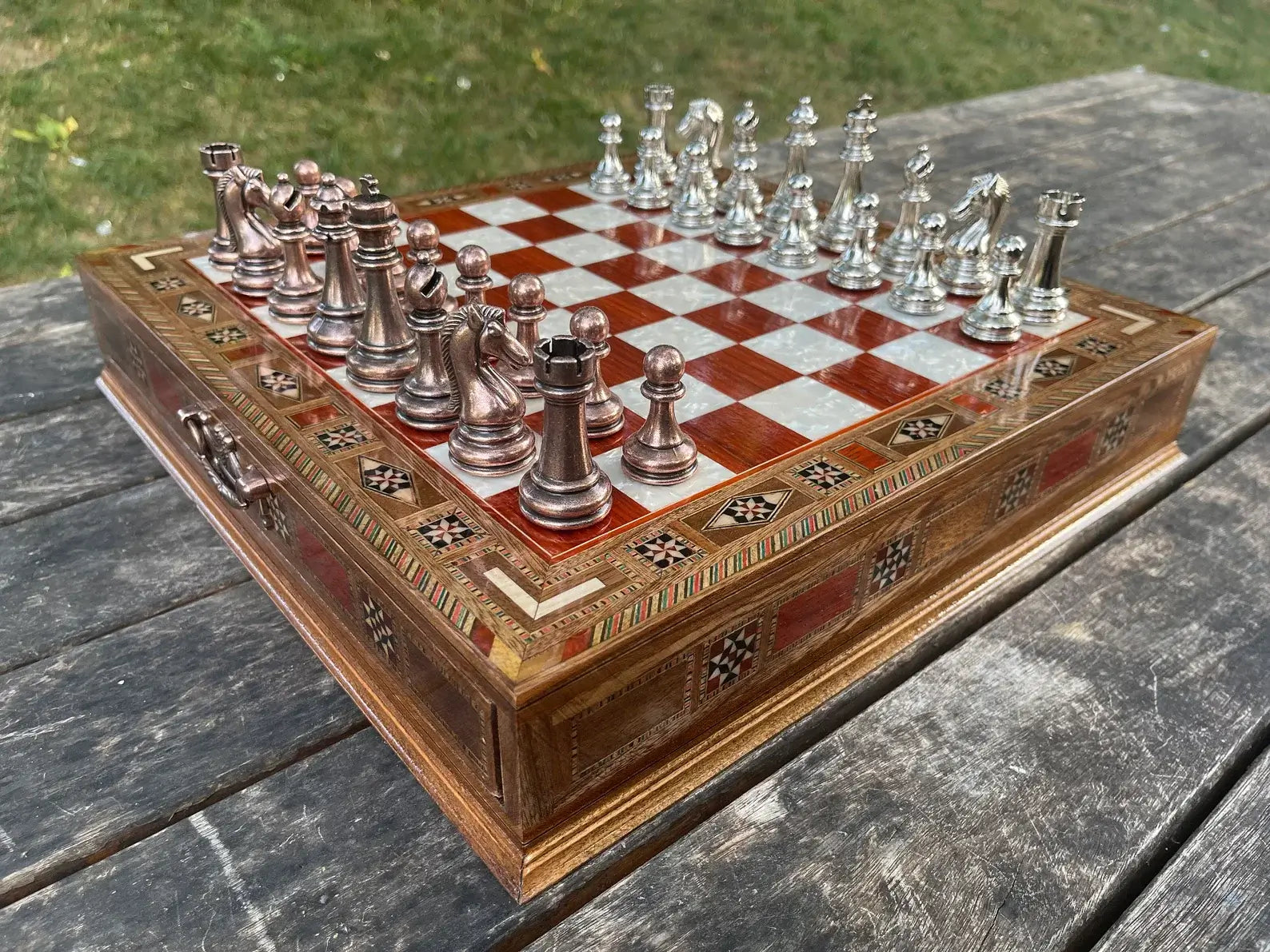
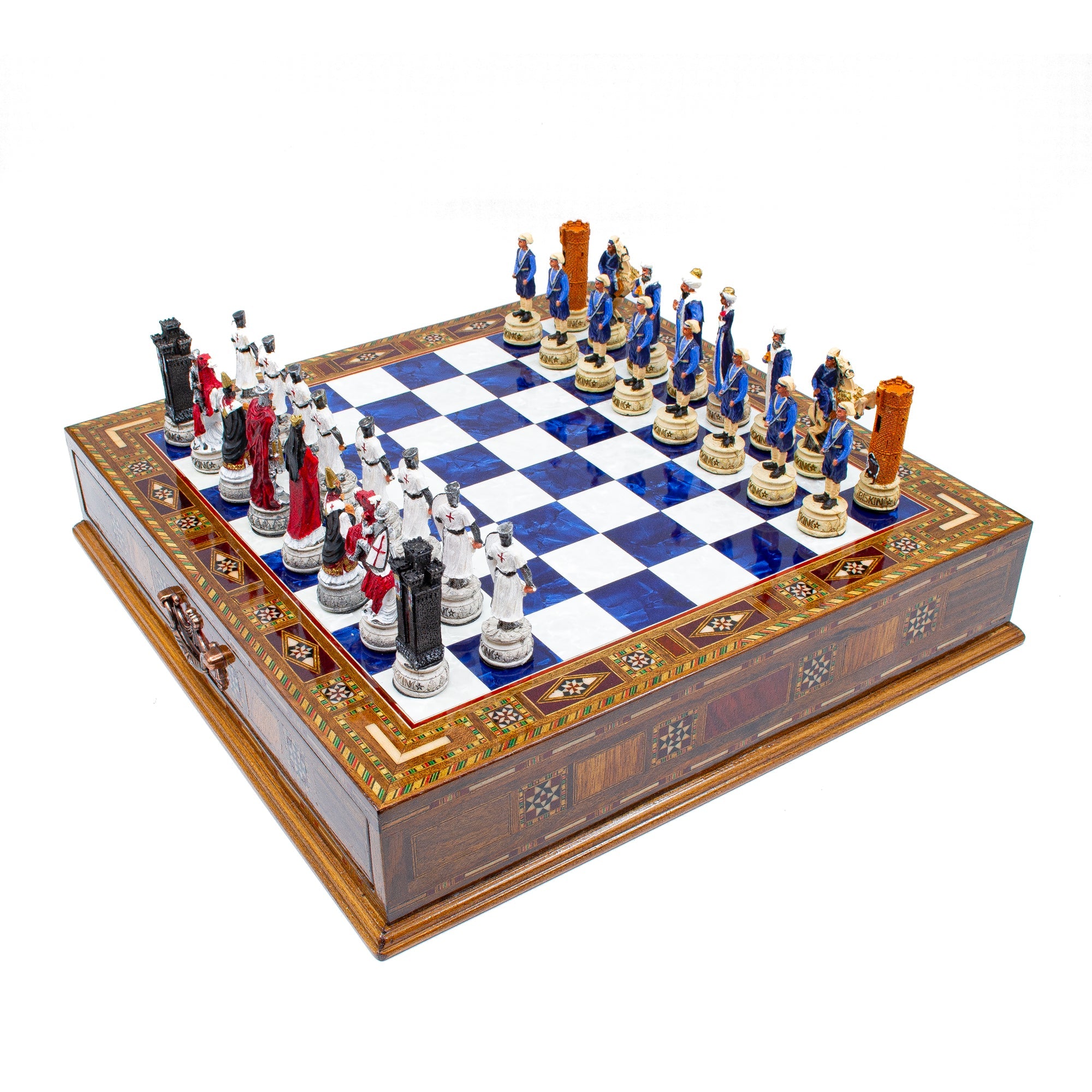
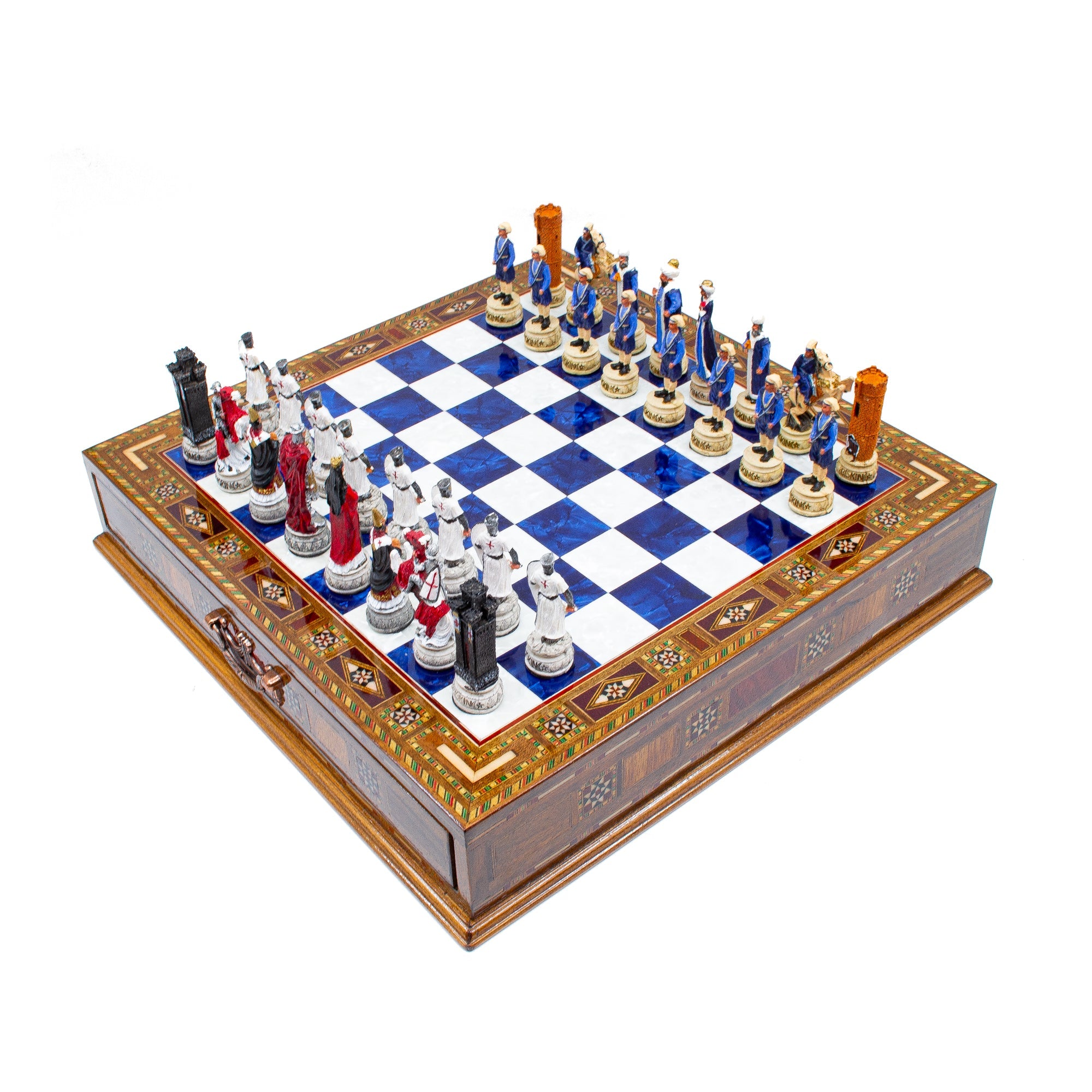
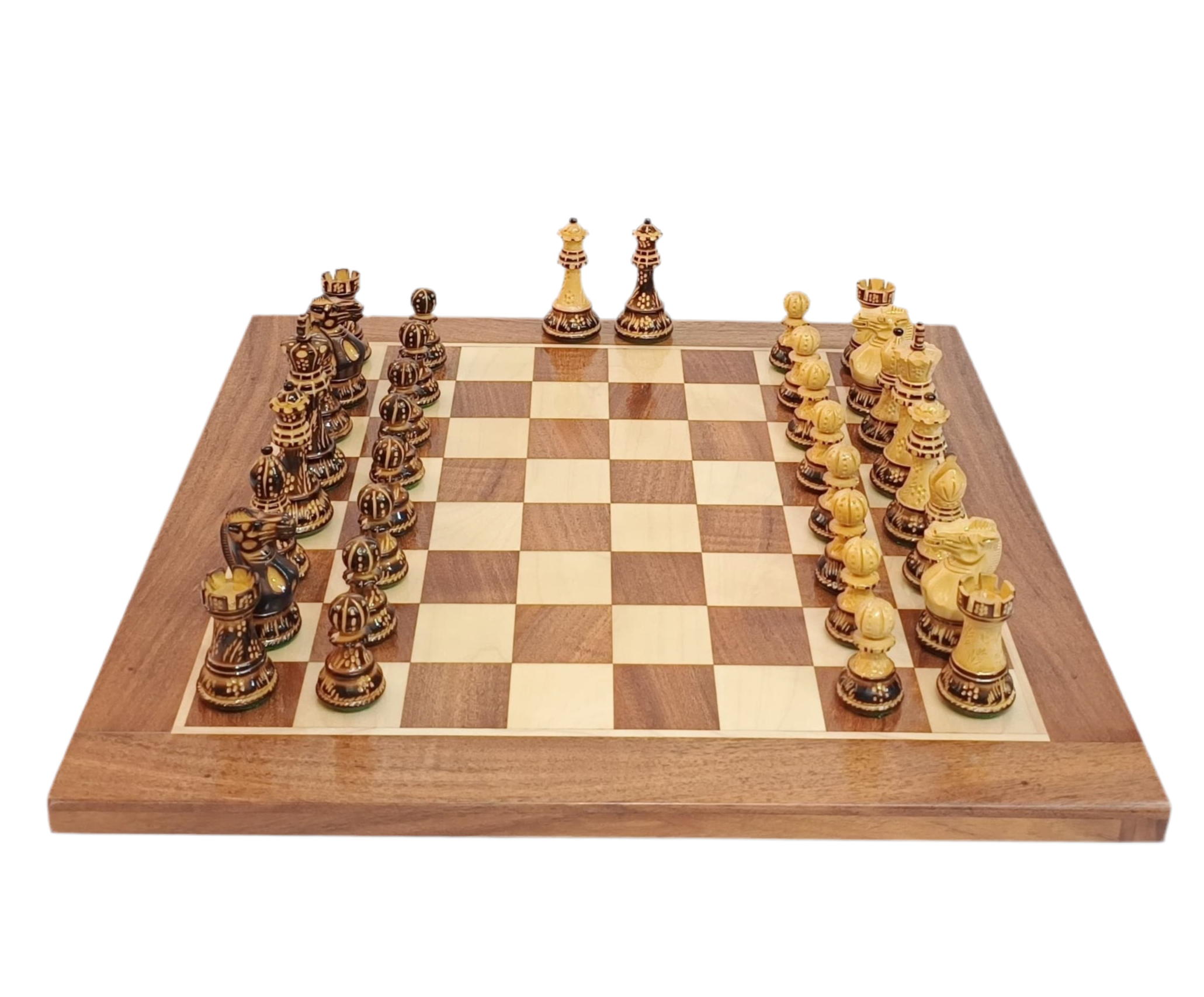
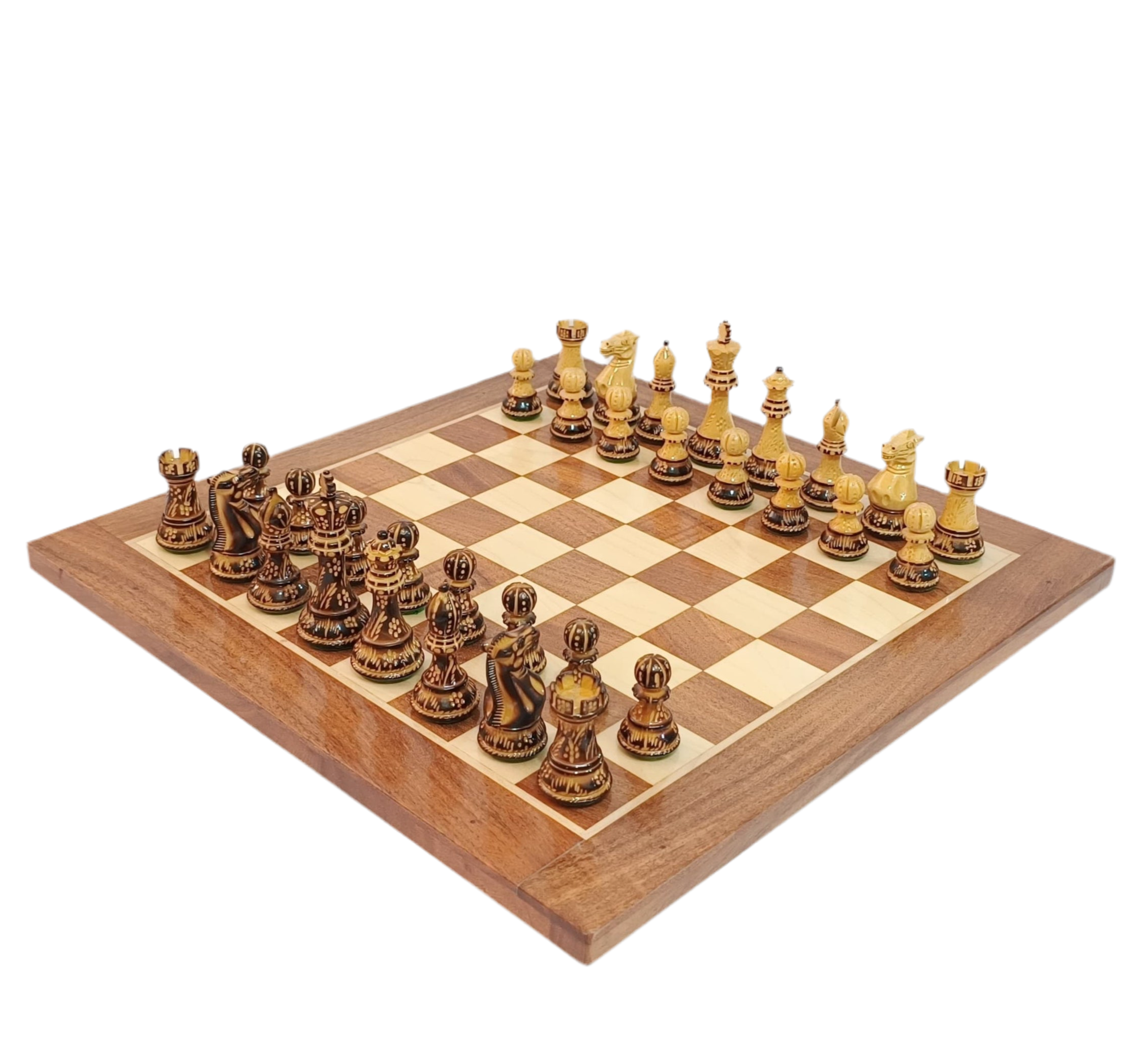
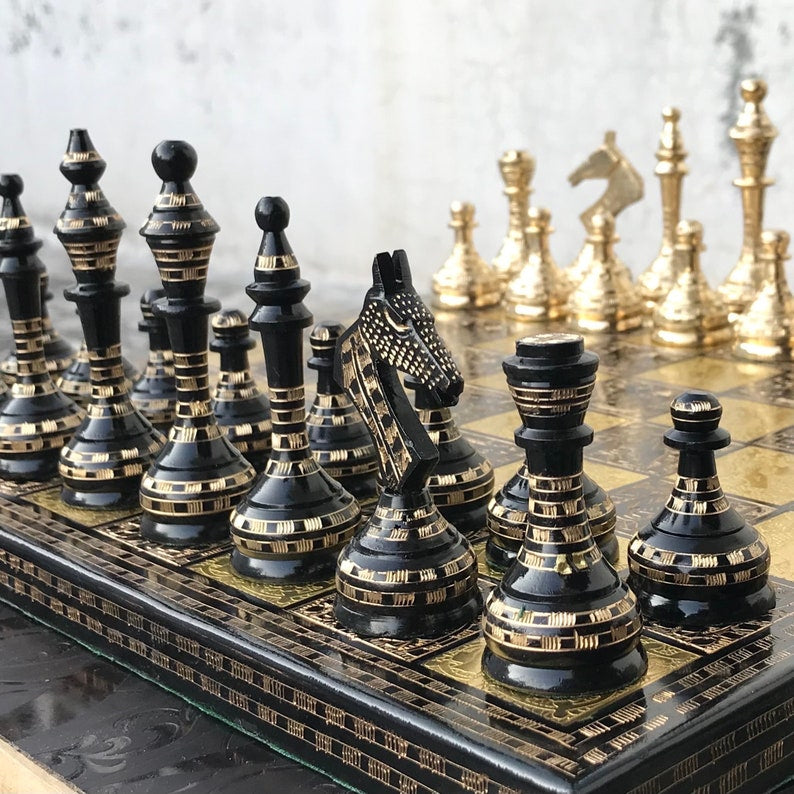
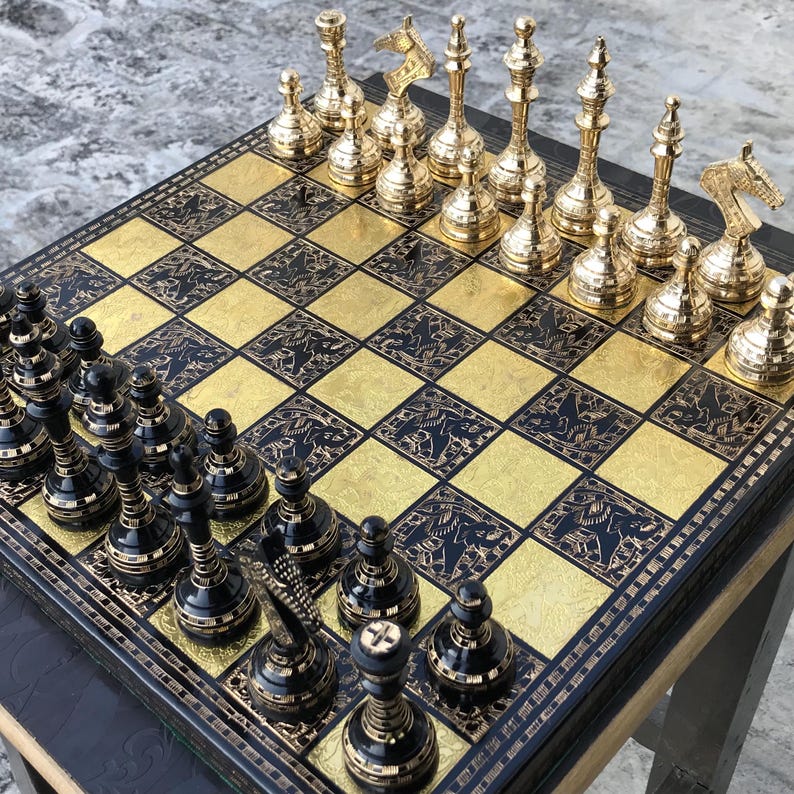

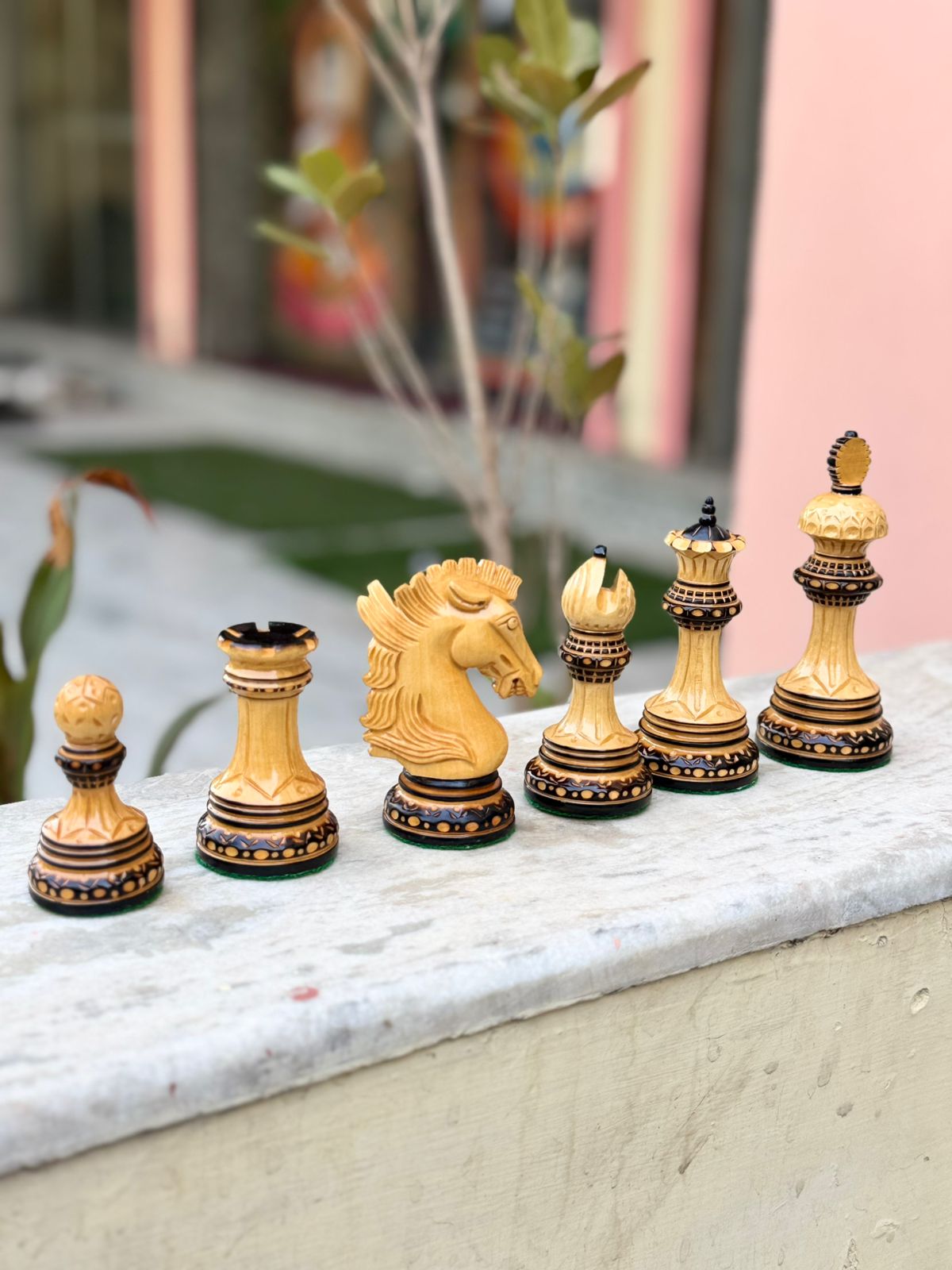
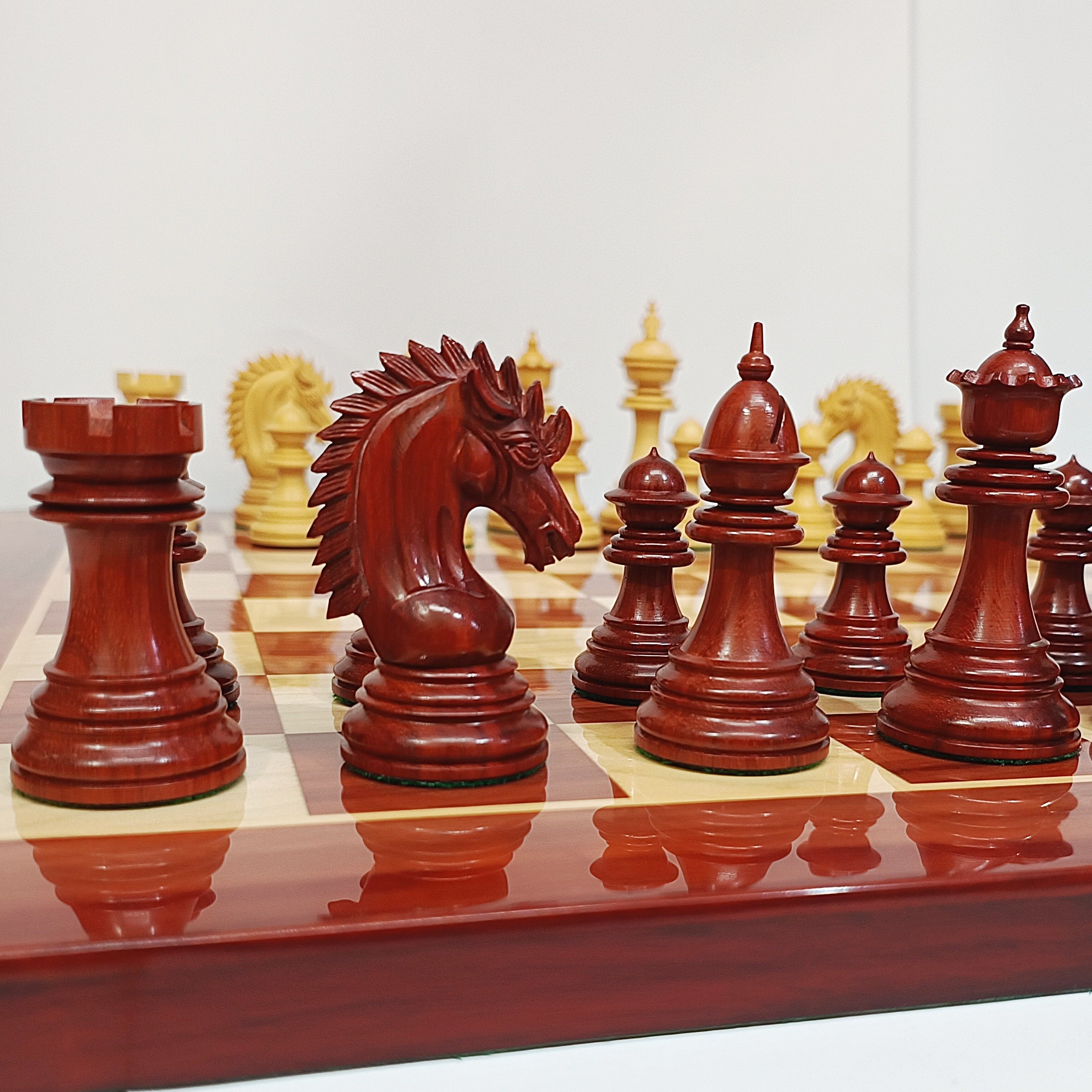
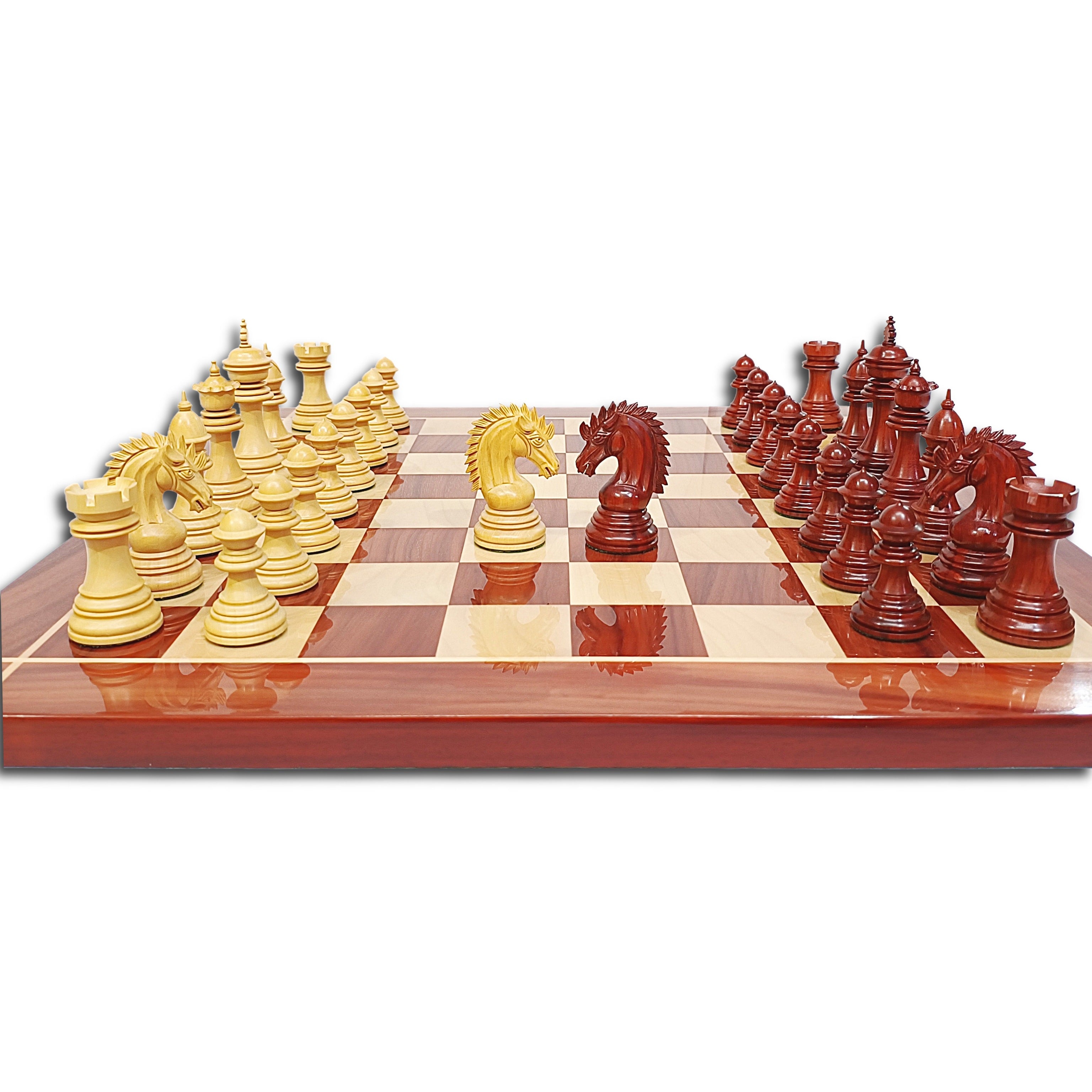
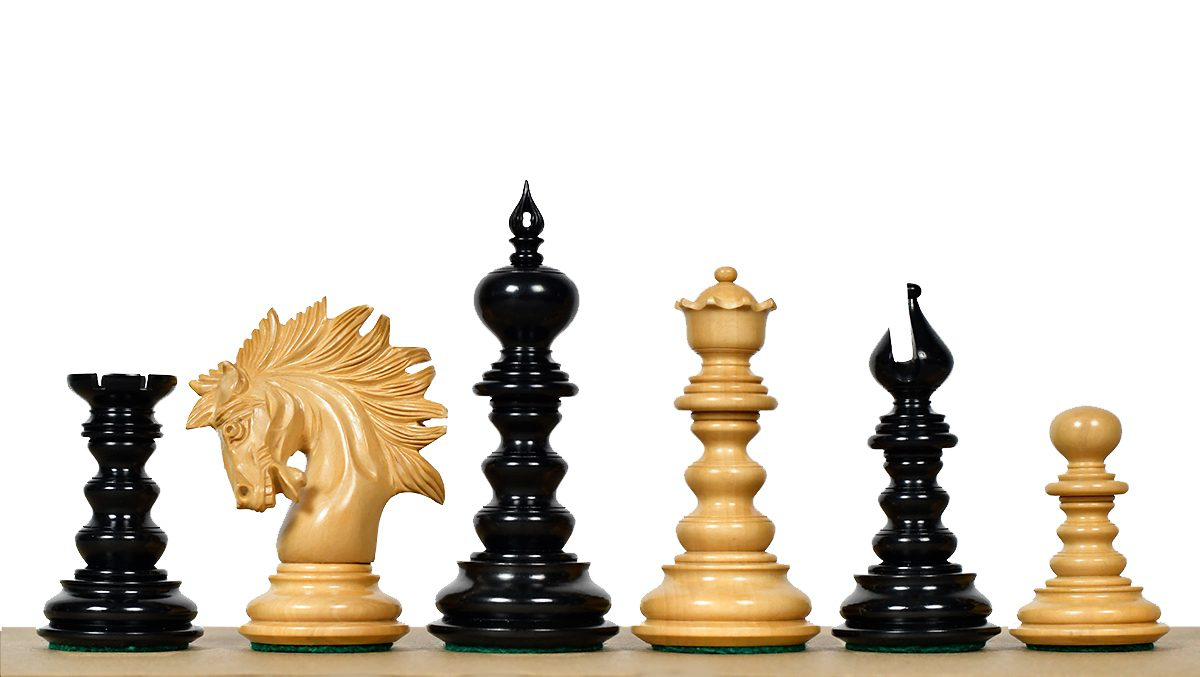
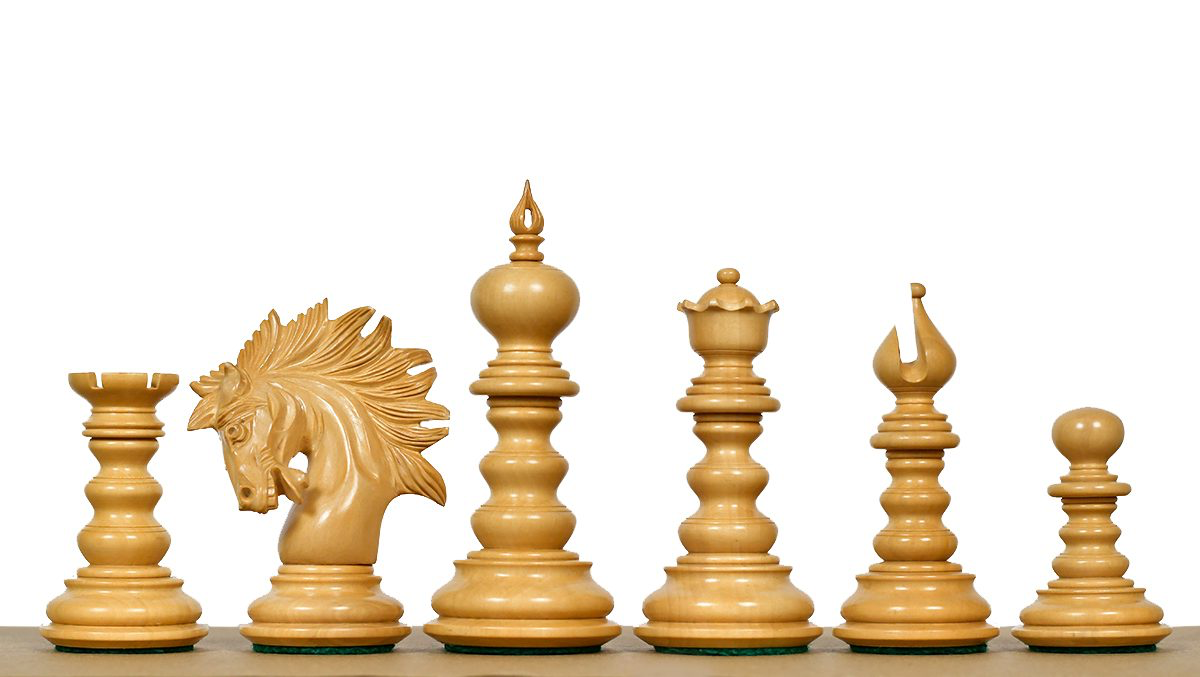
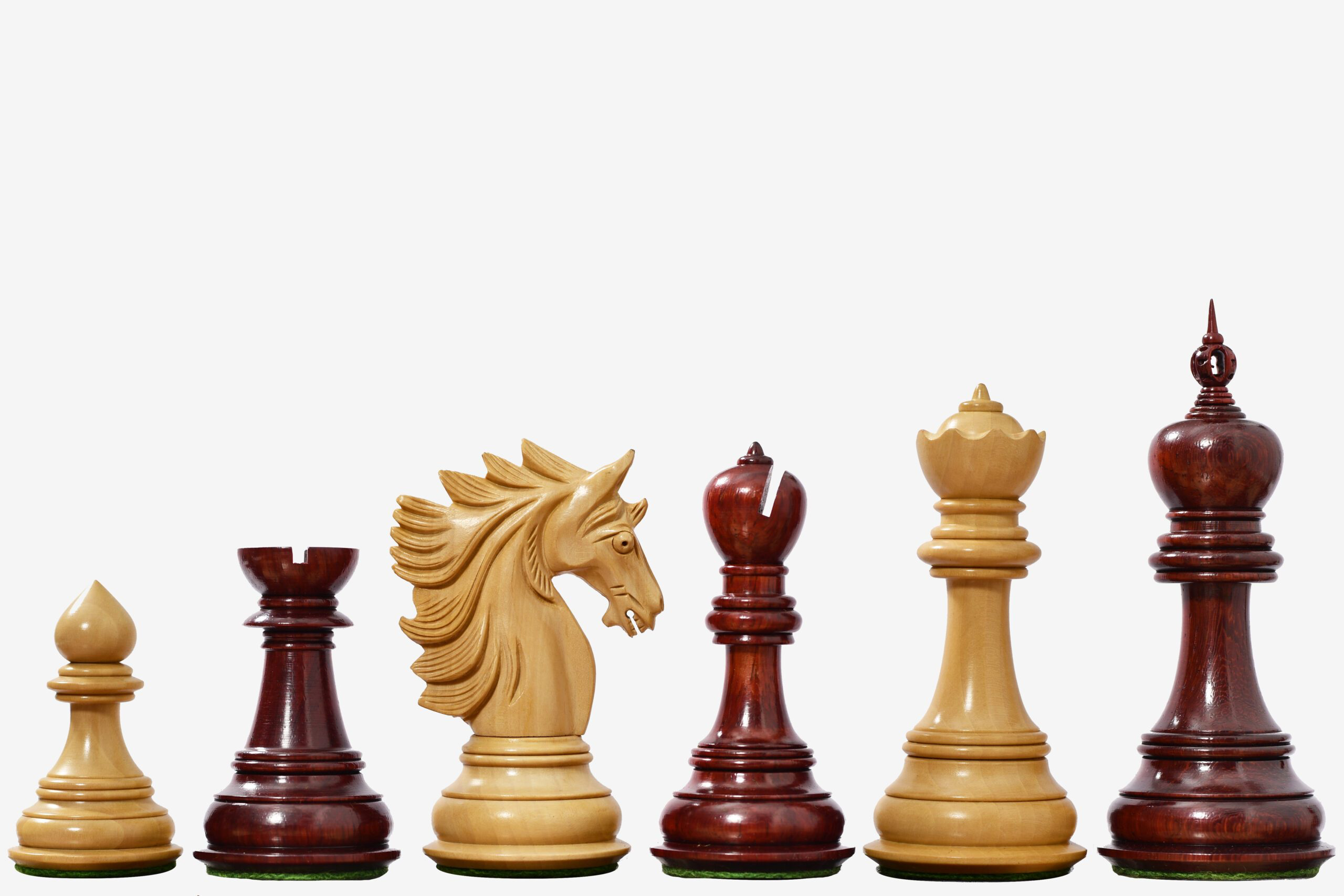
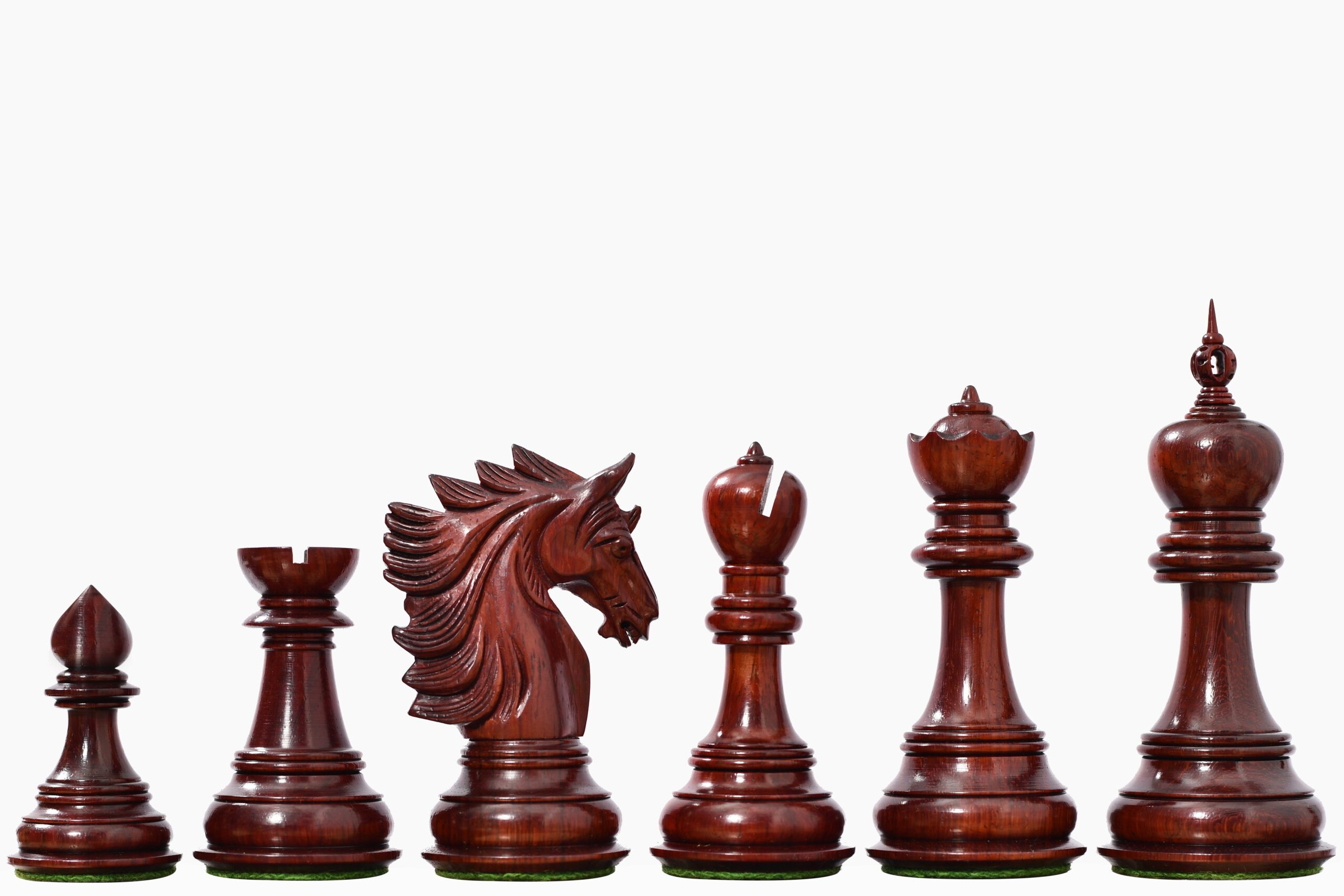
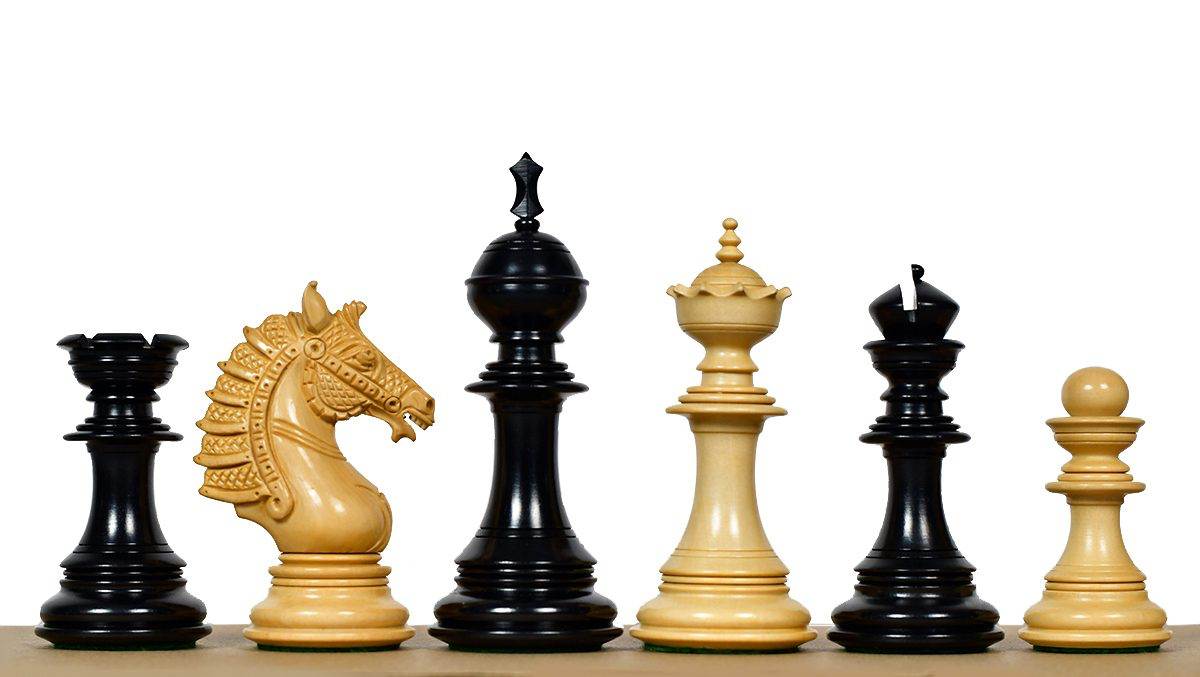
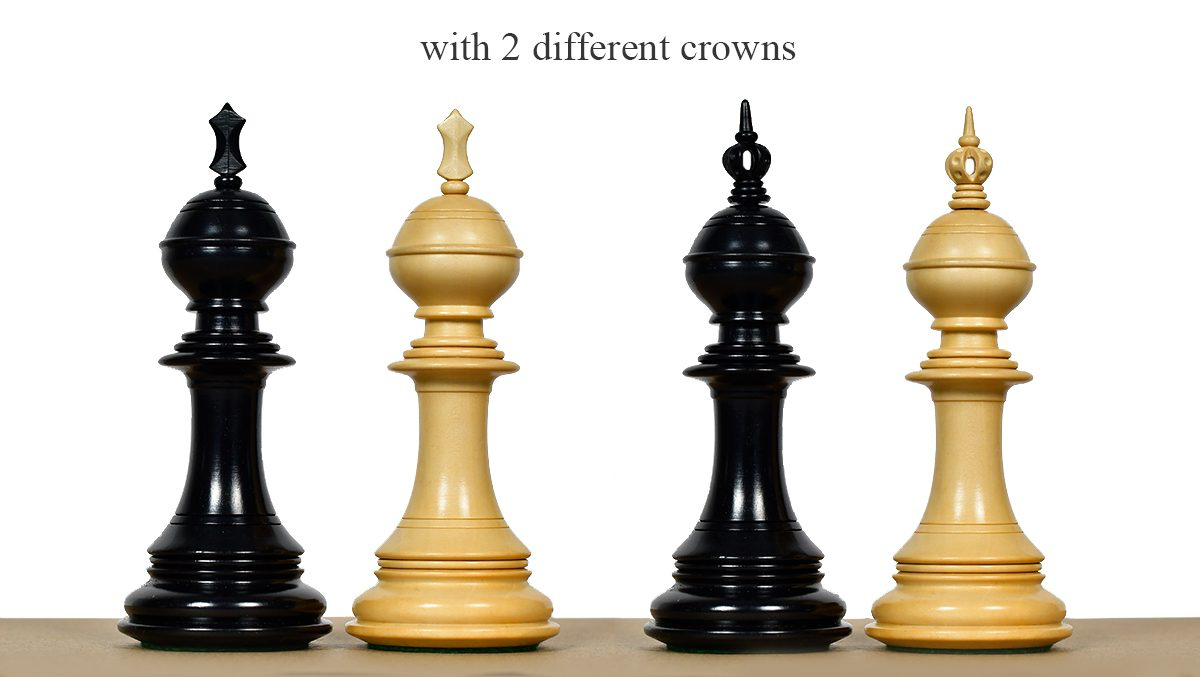
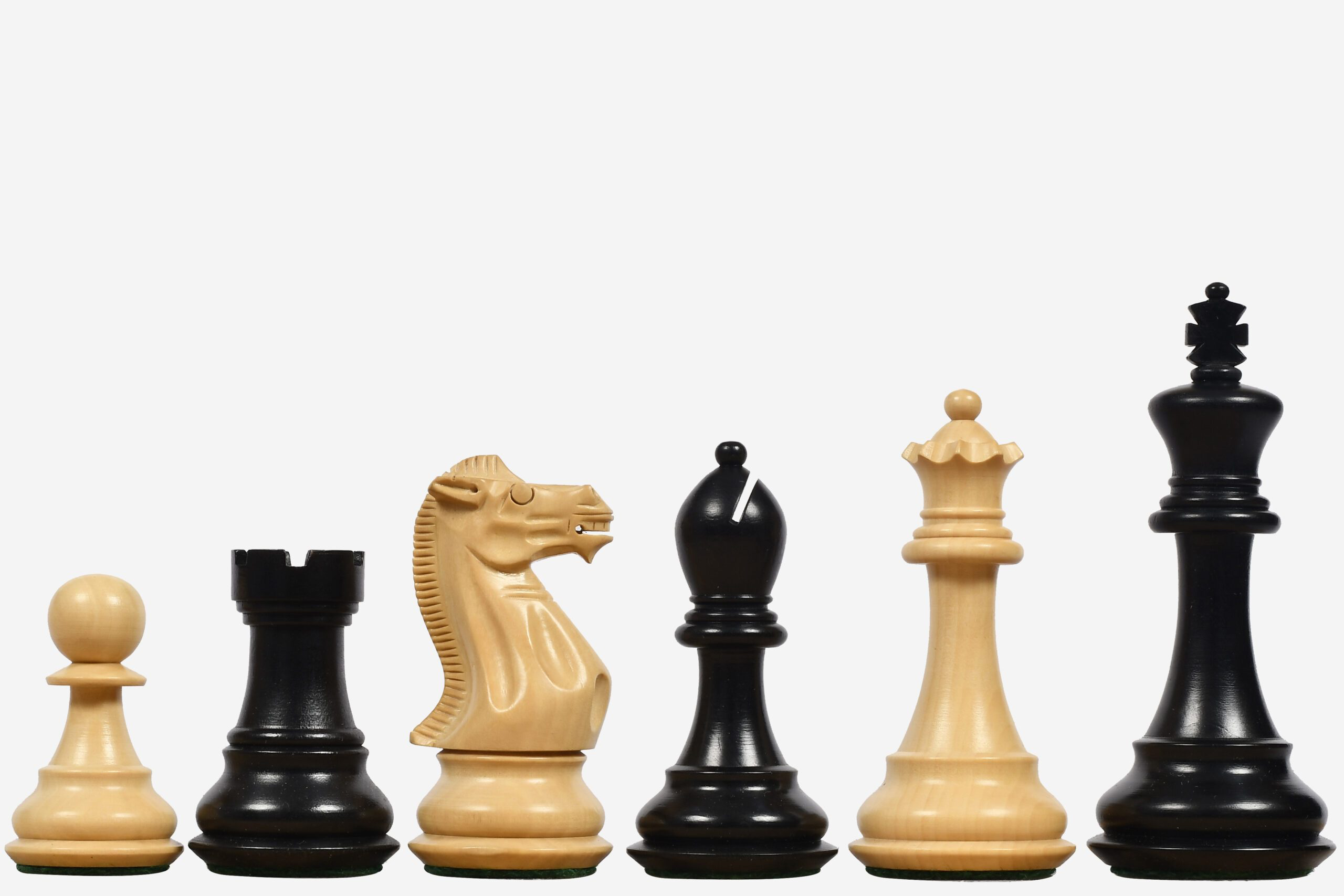
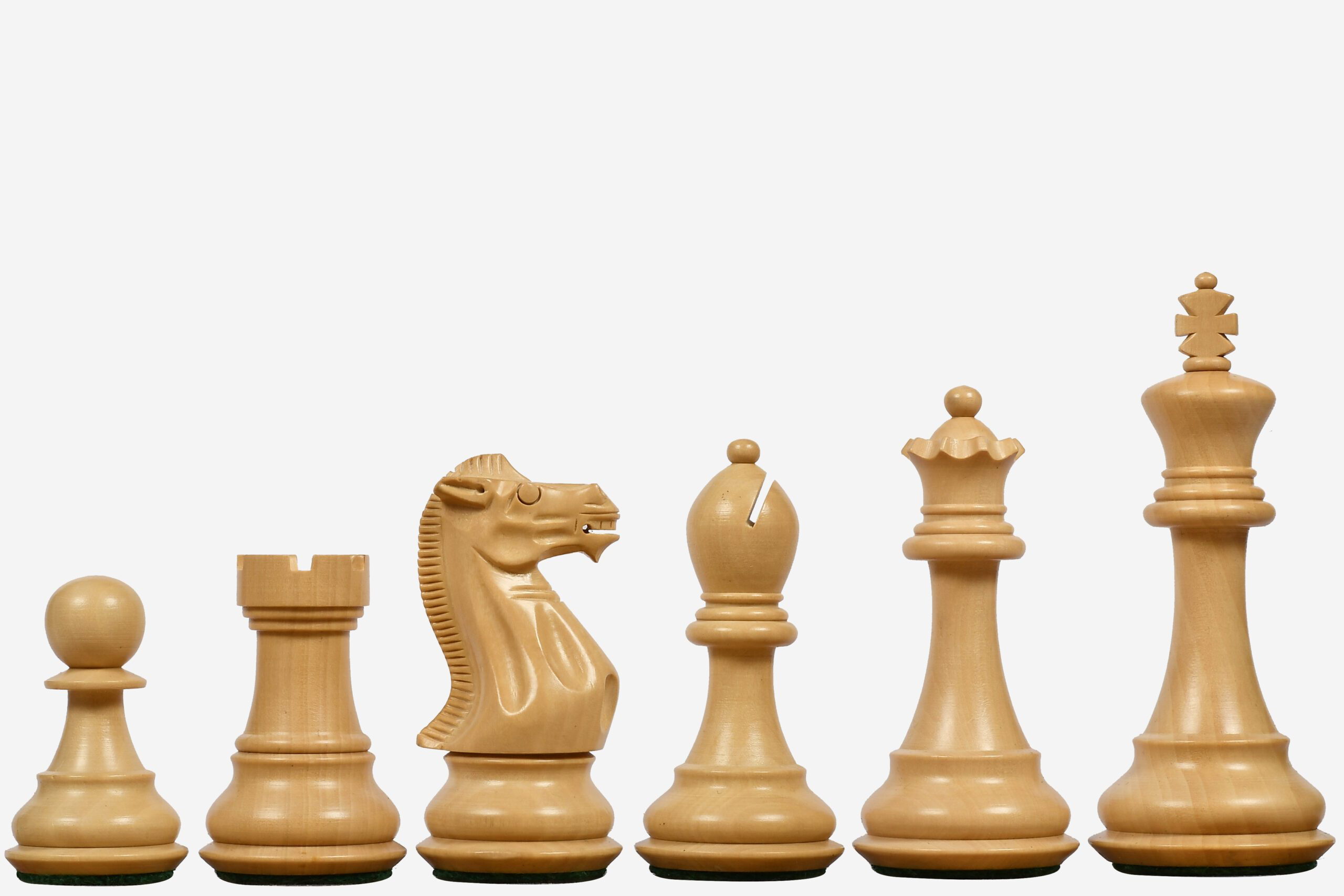
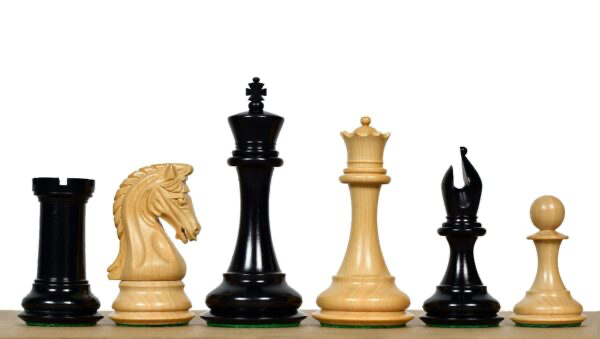
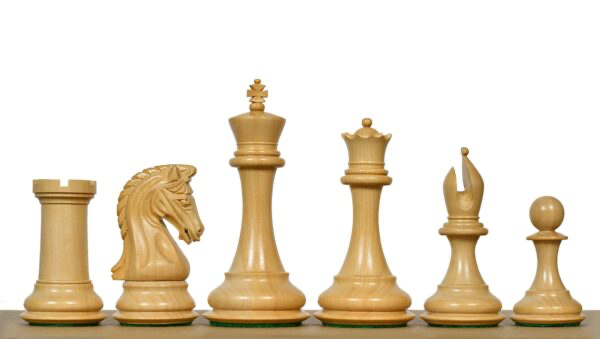
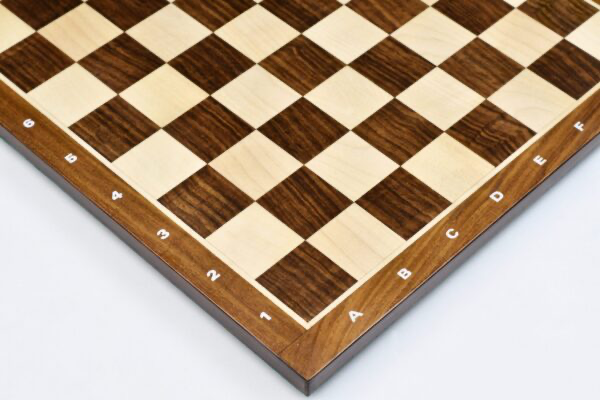
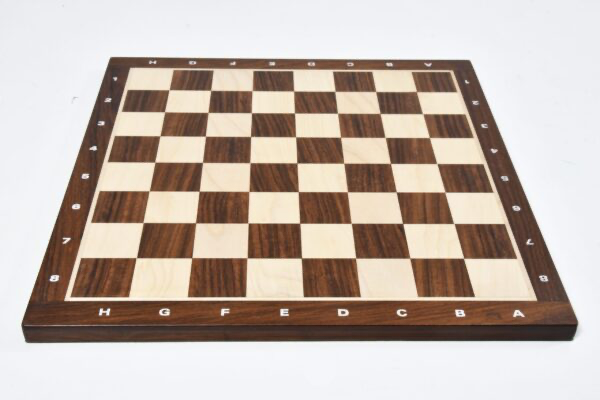
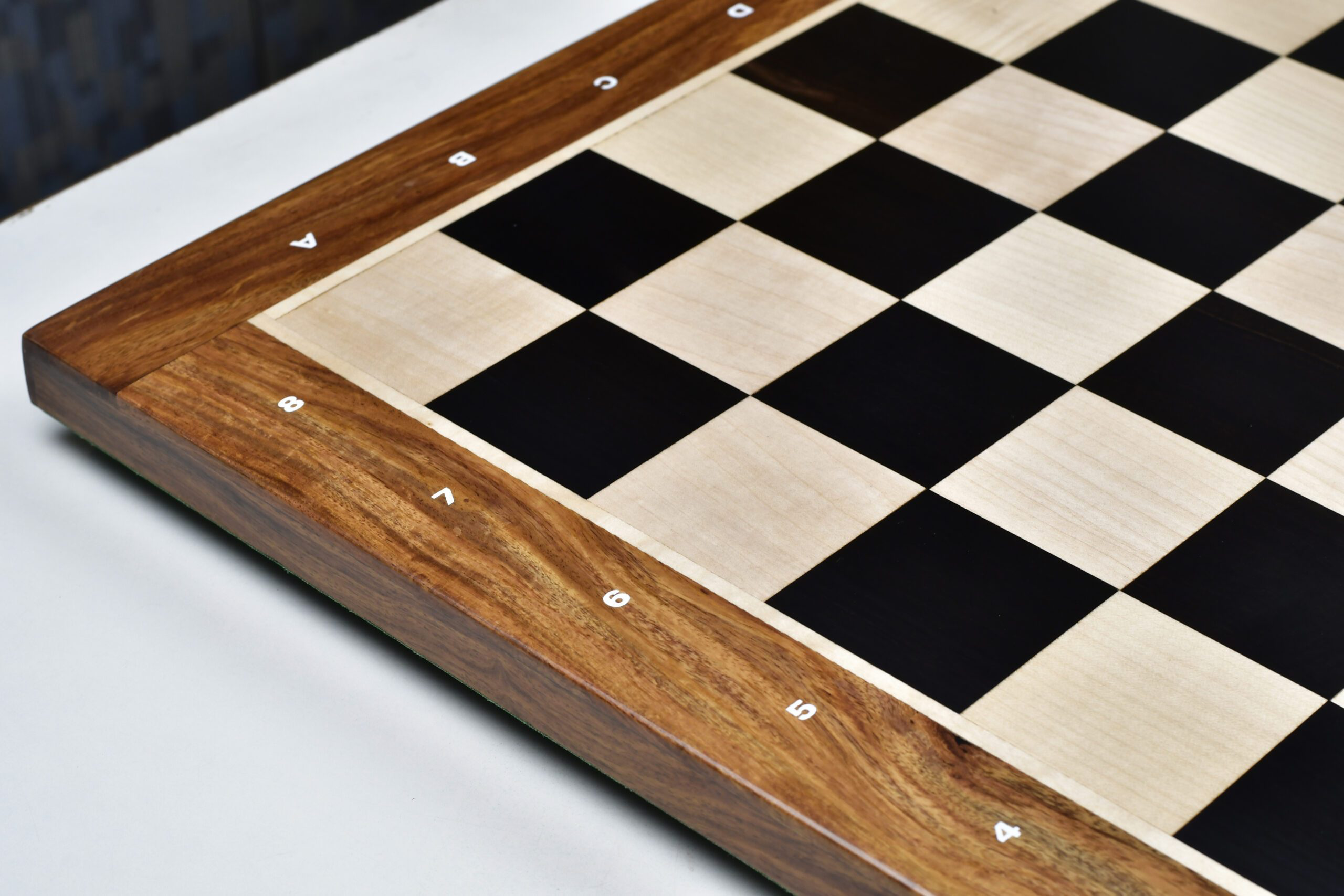
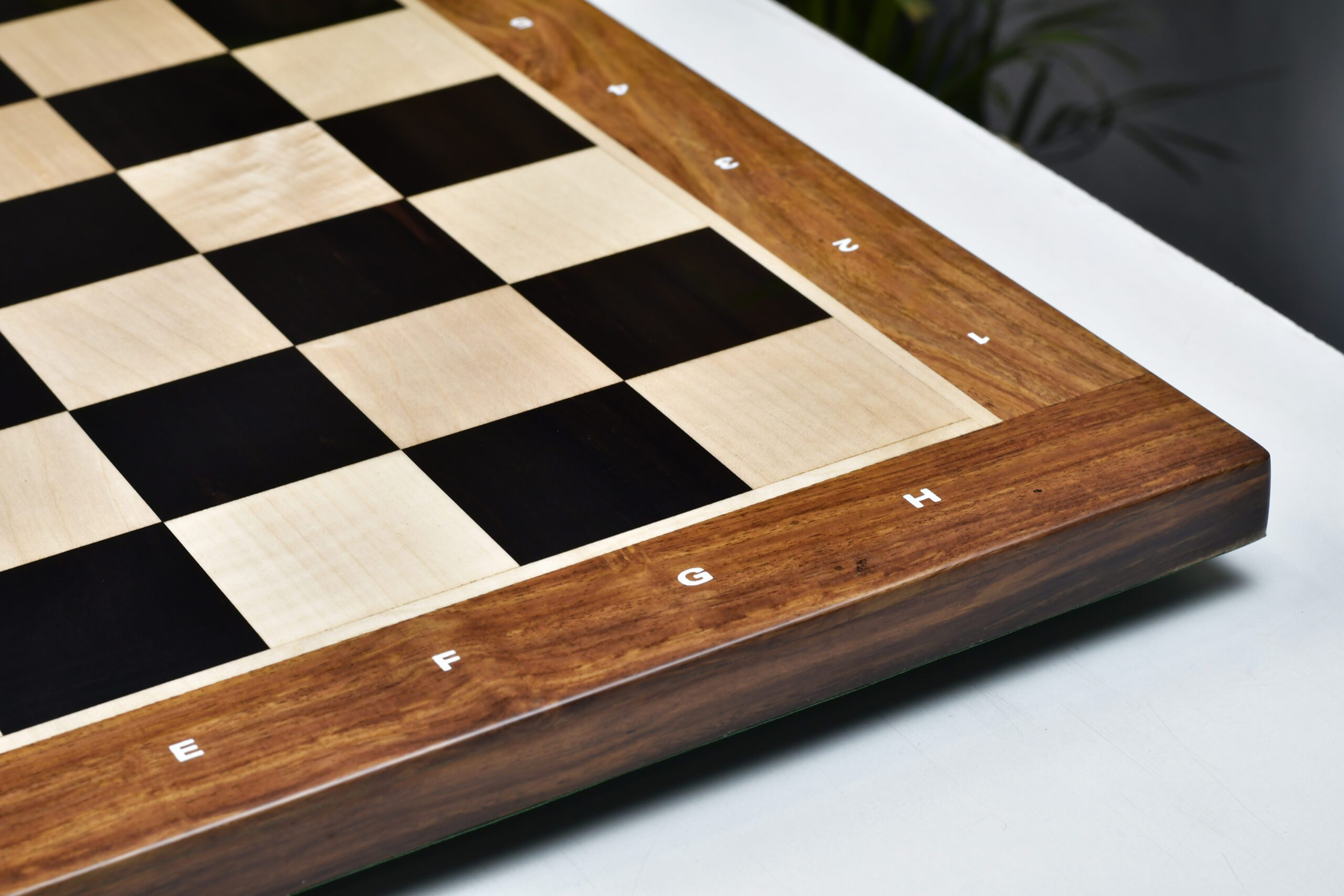
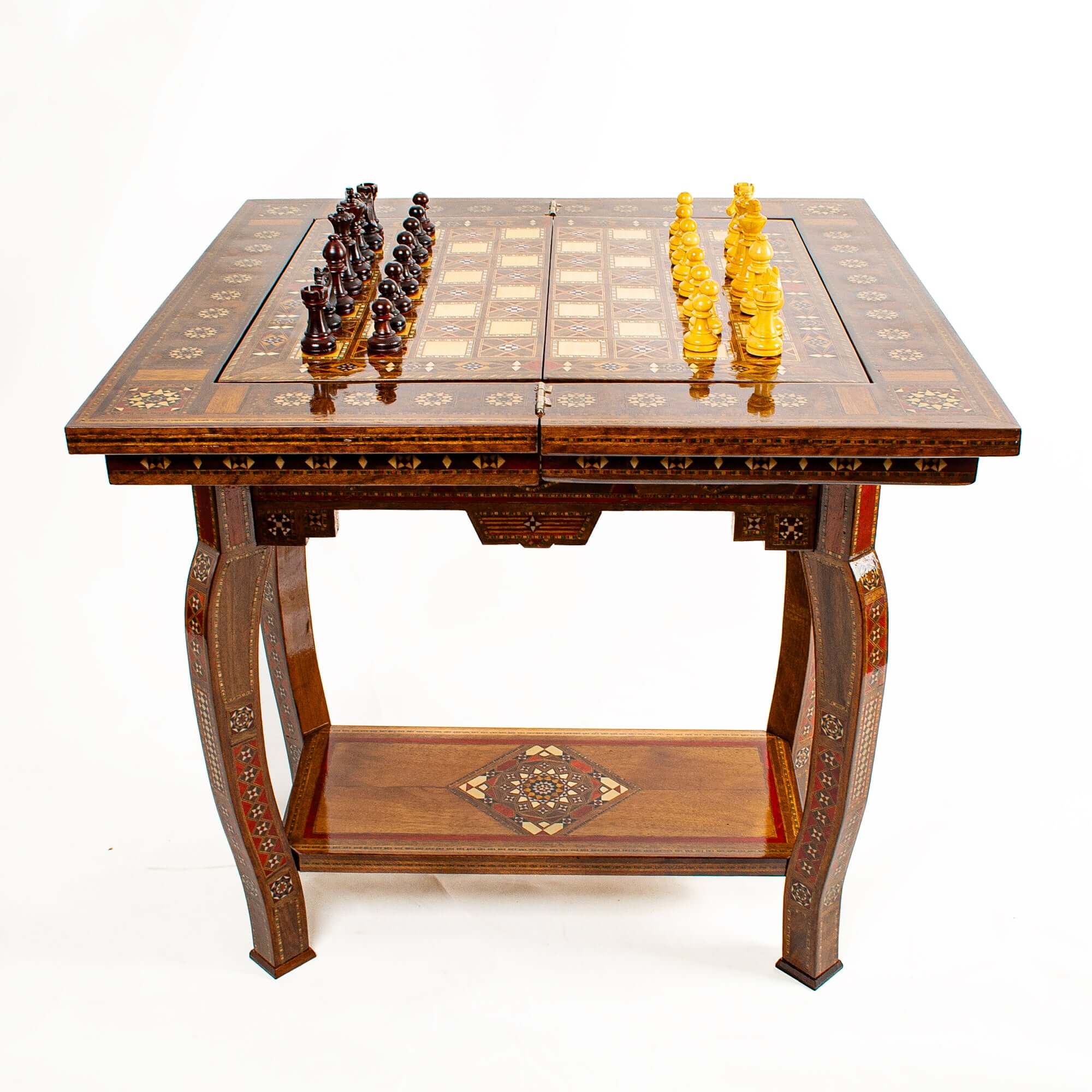

Leave a comment
All comments are moderated before being published.
This site is protected by hCaptcha and the hCaptcha Privacy Policy and Terms of Service apply.